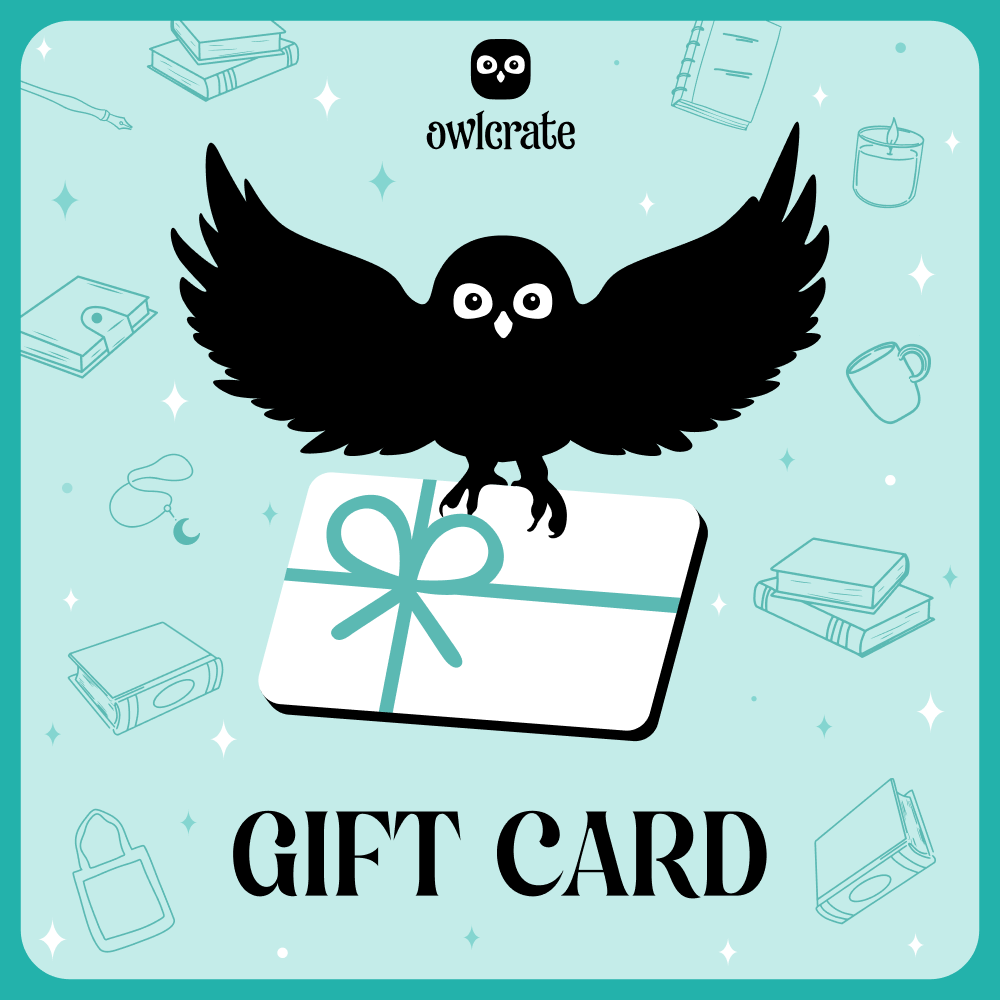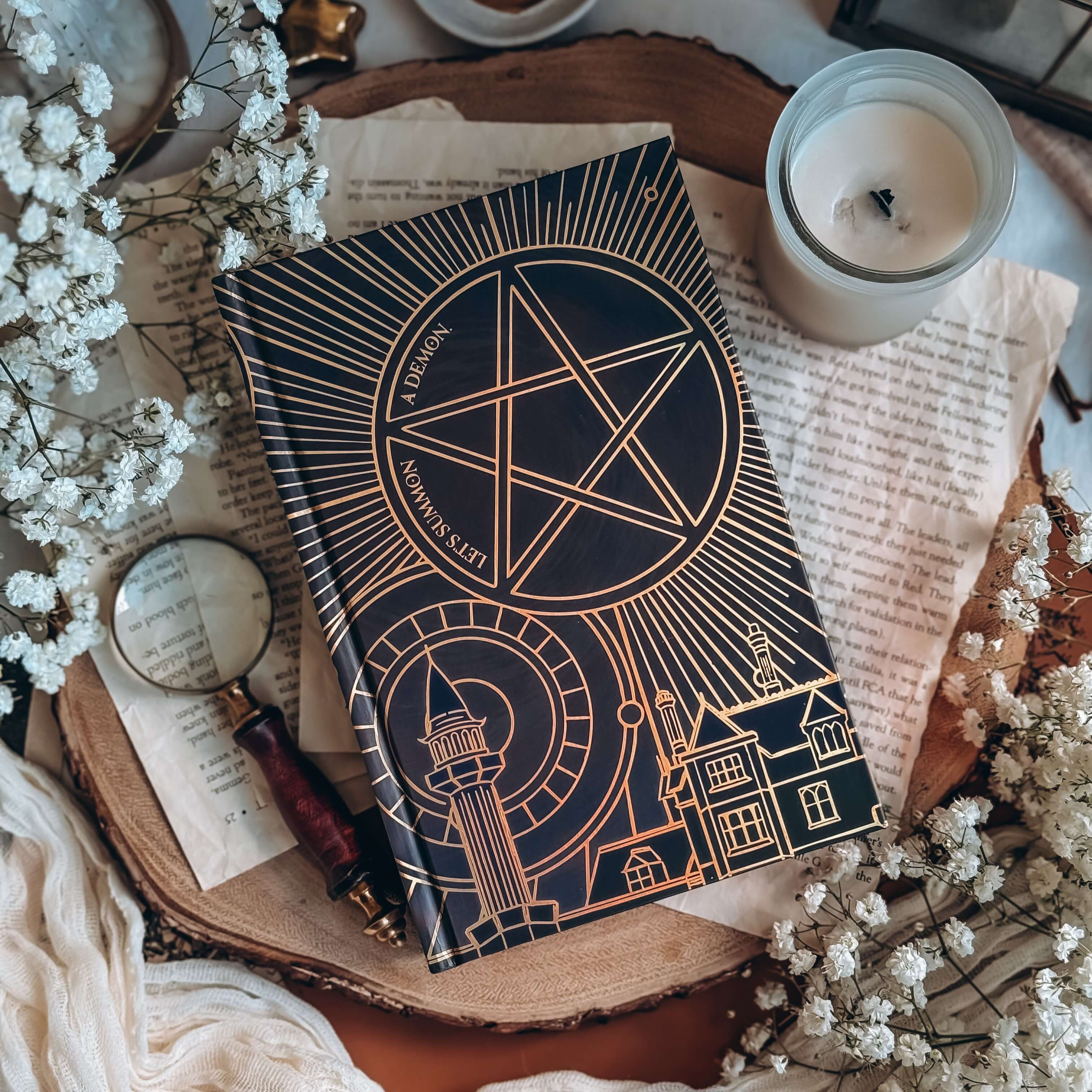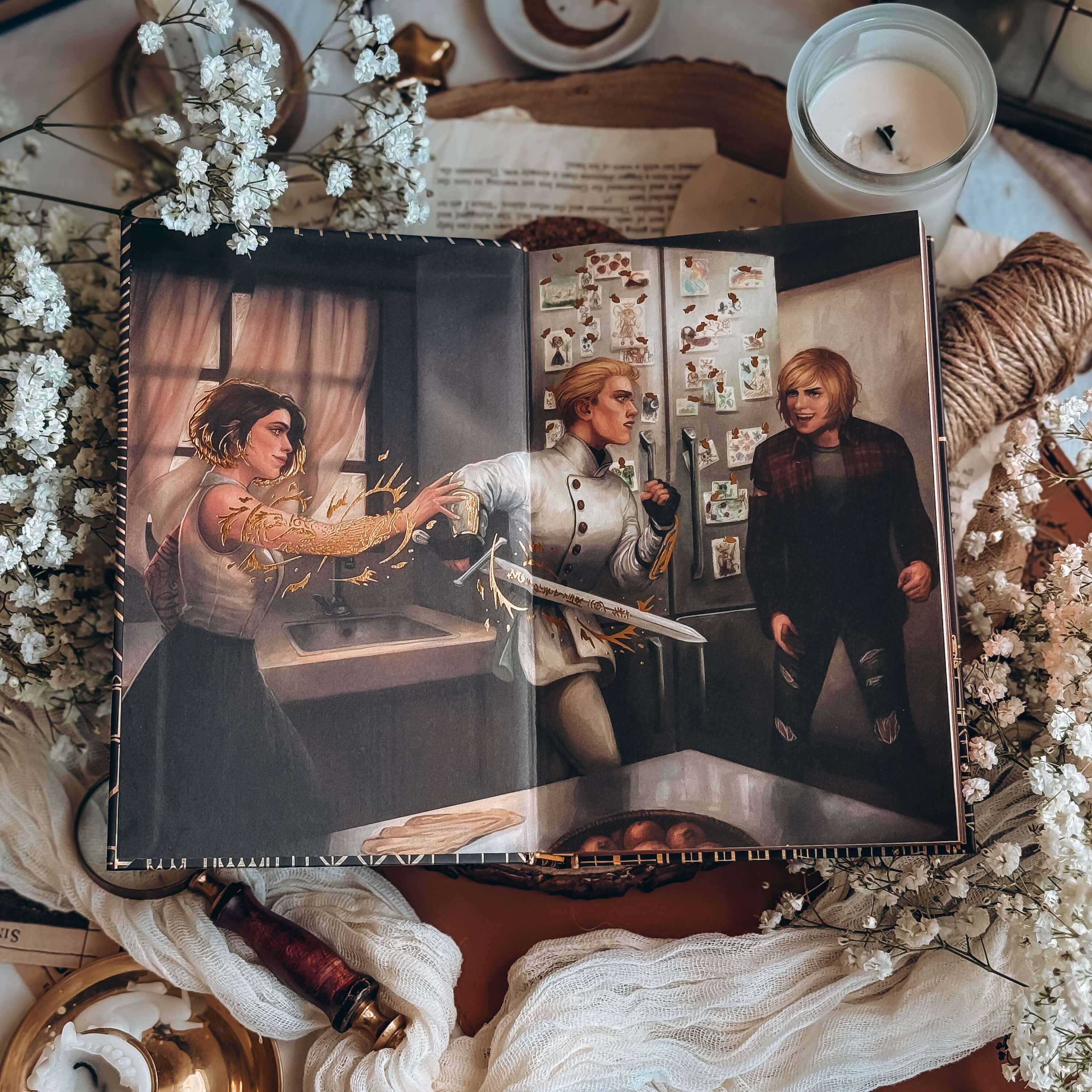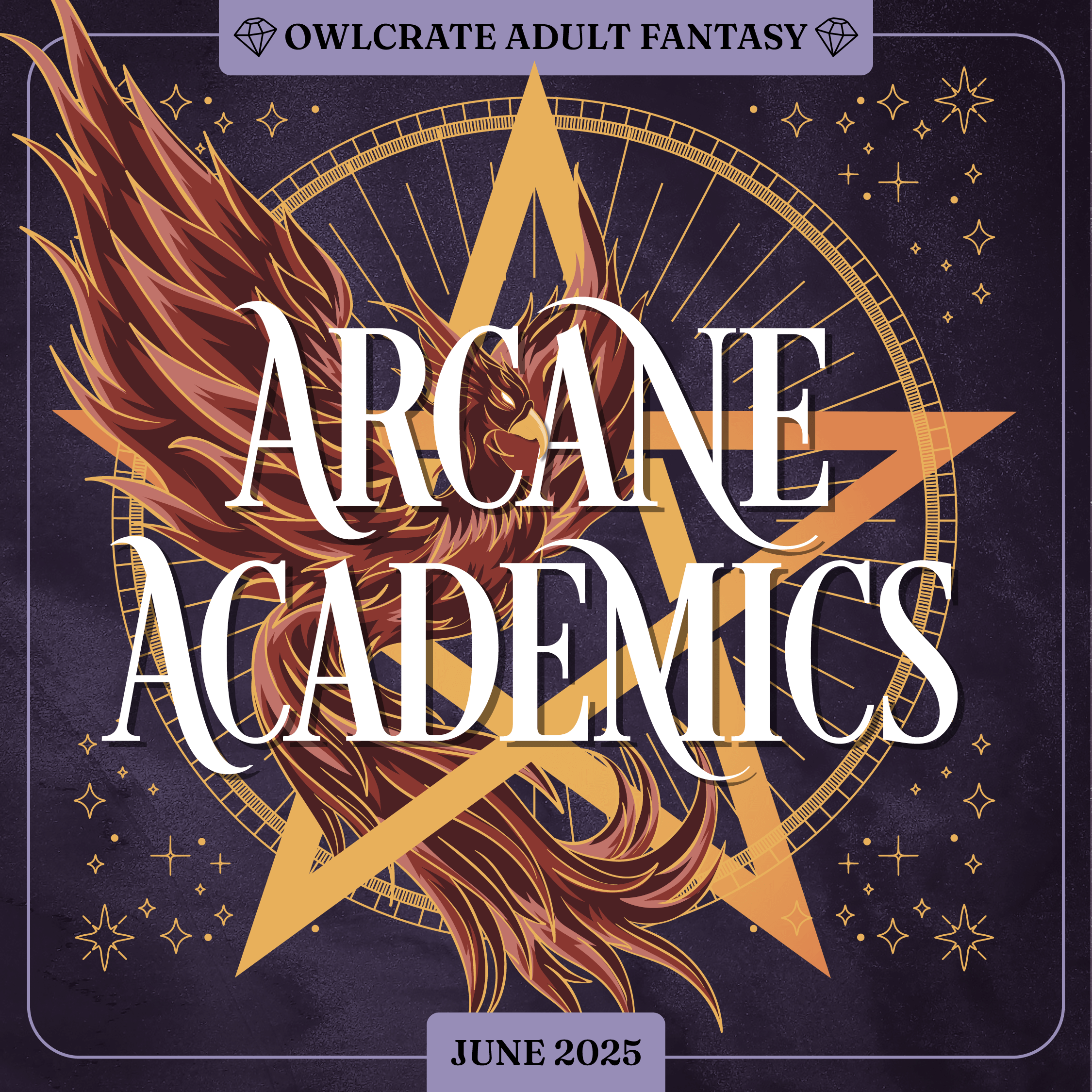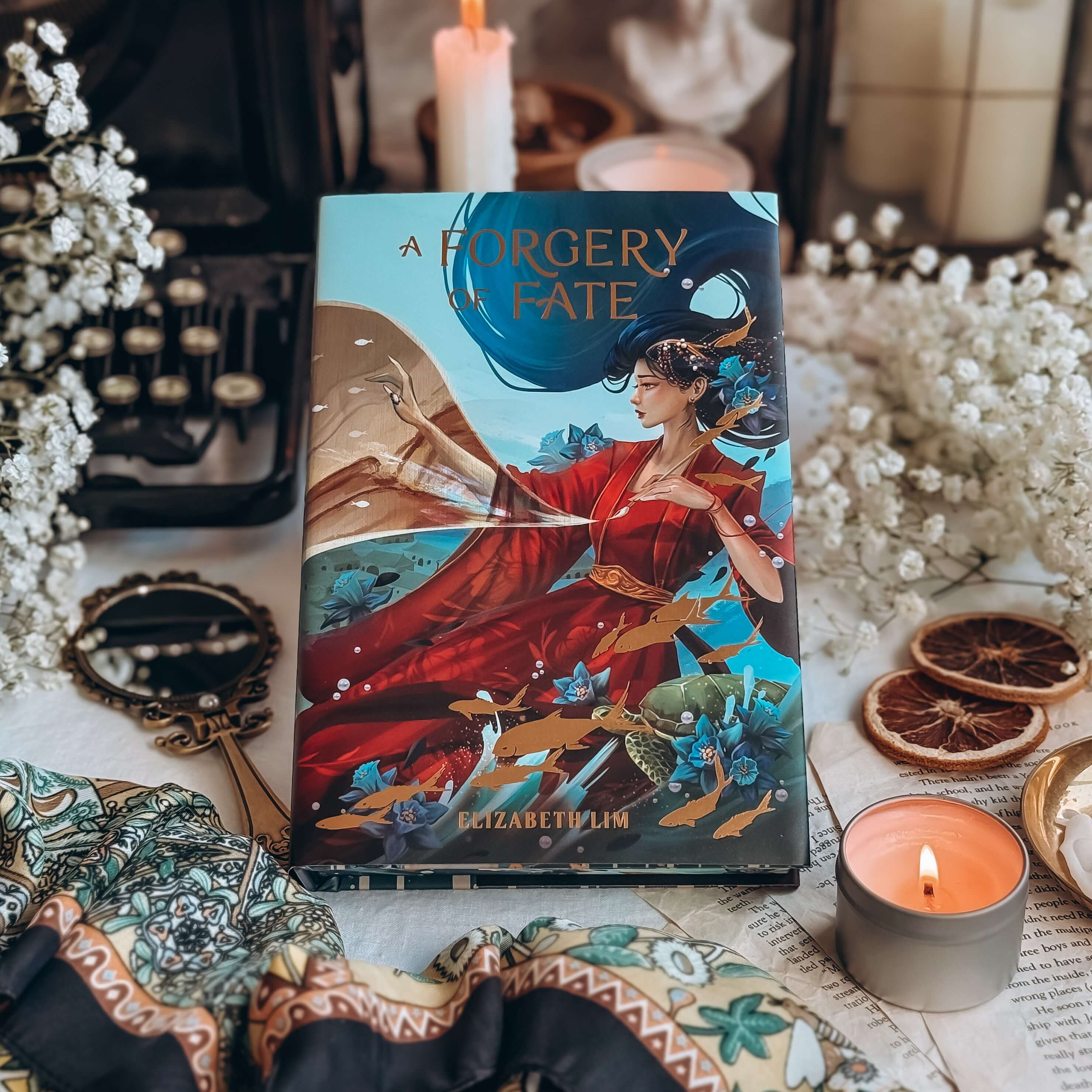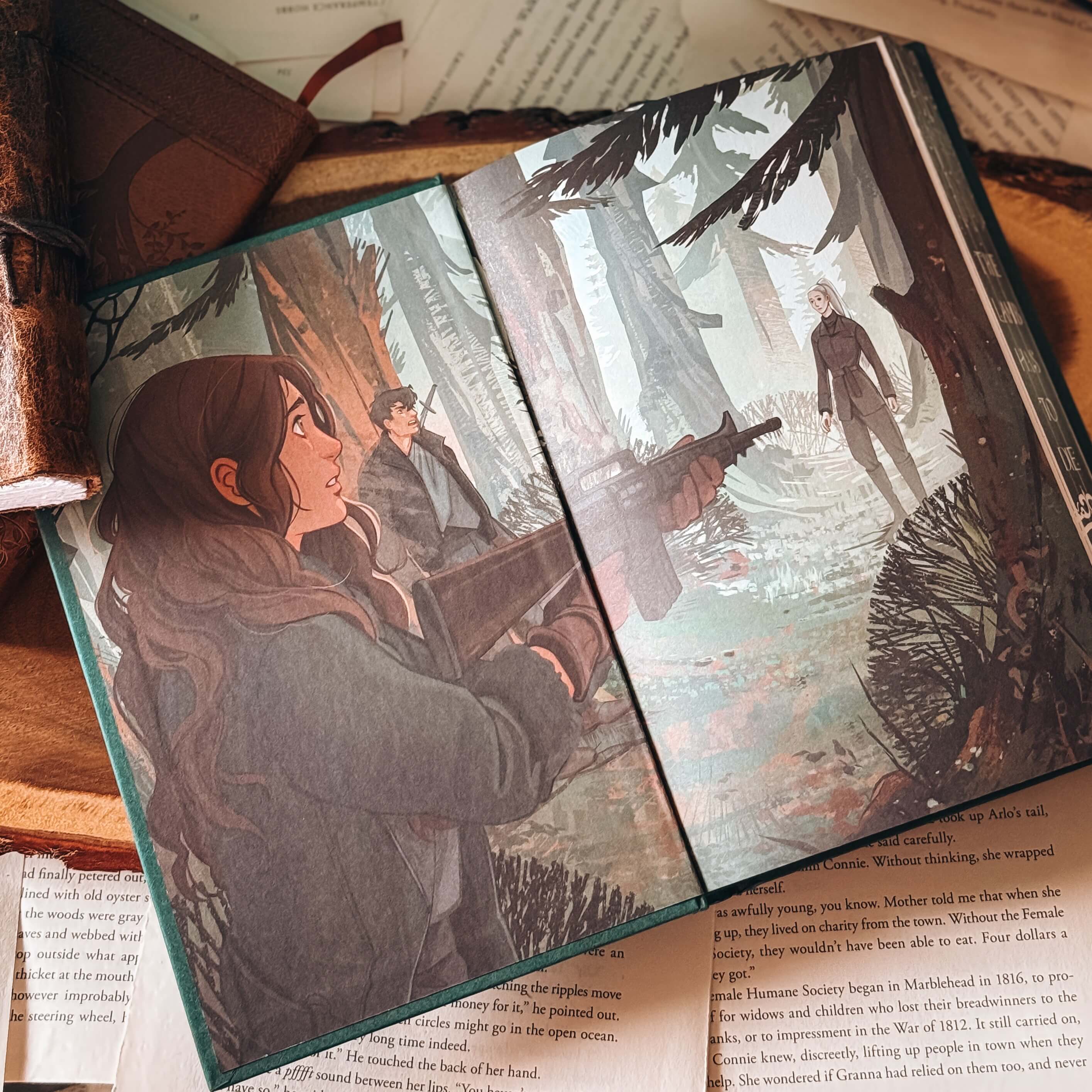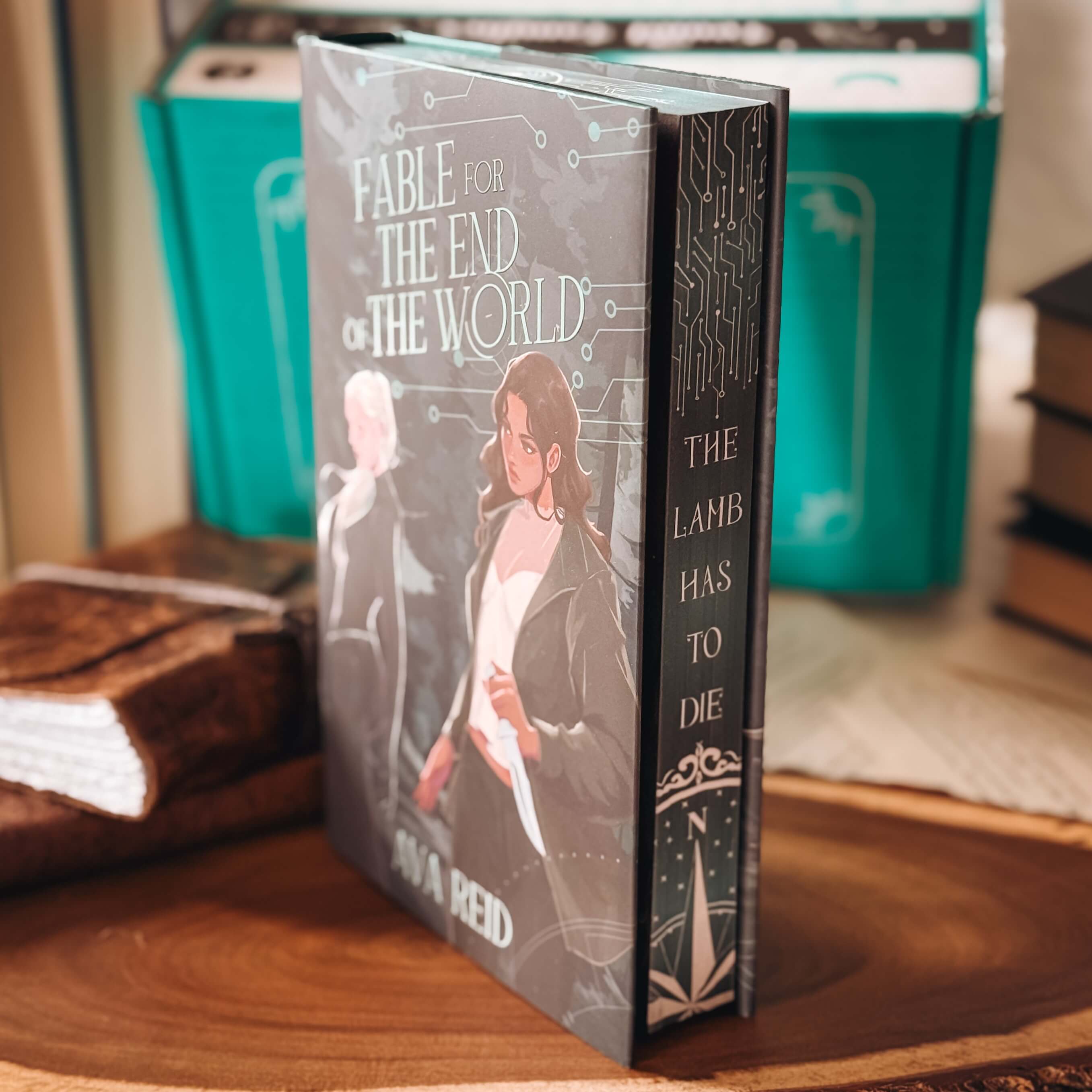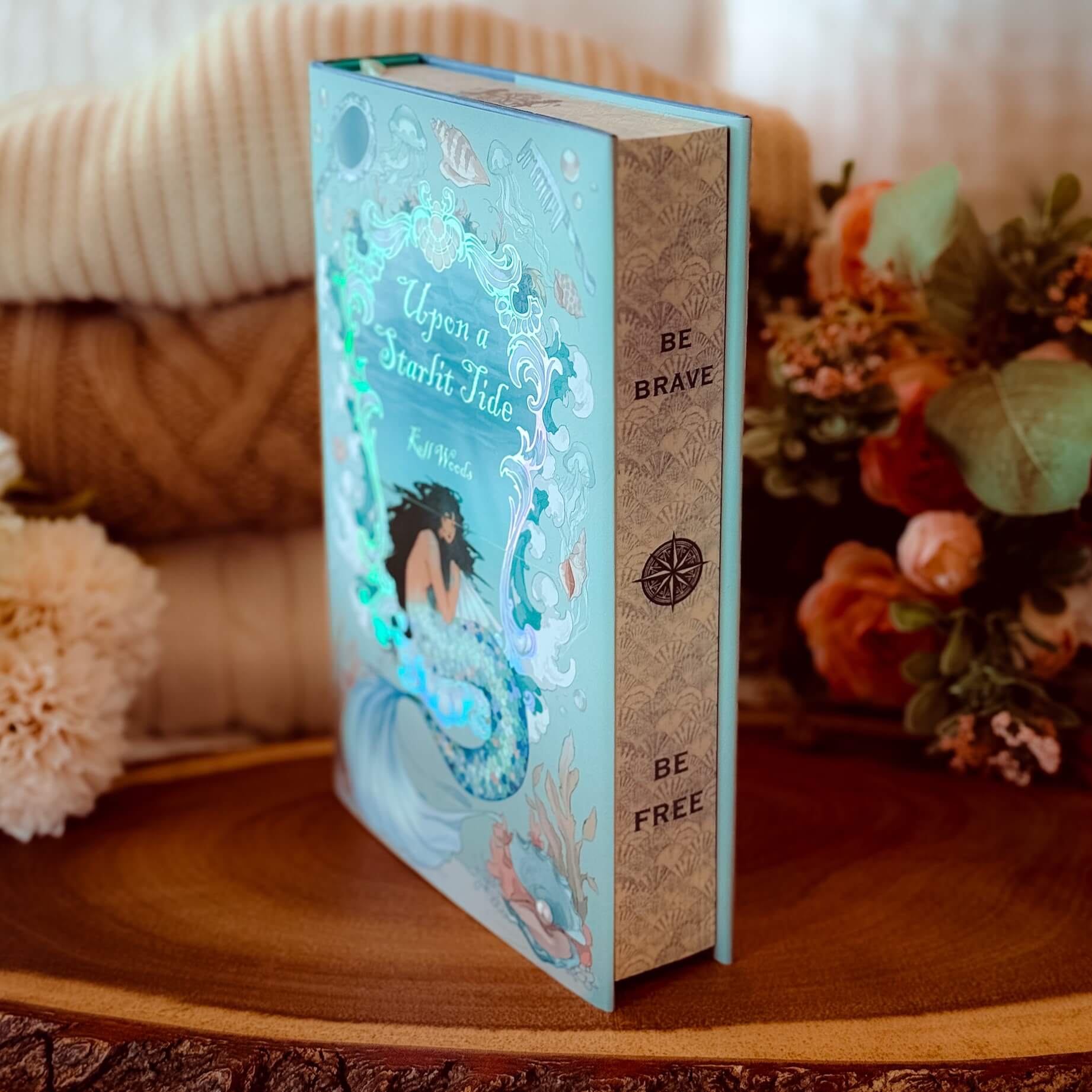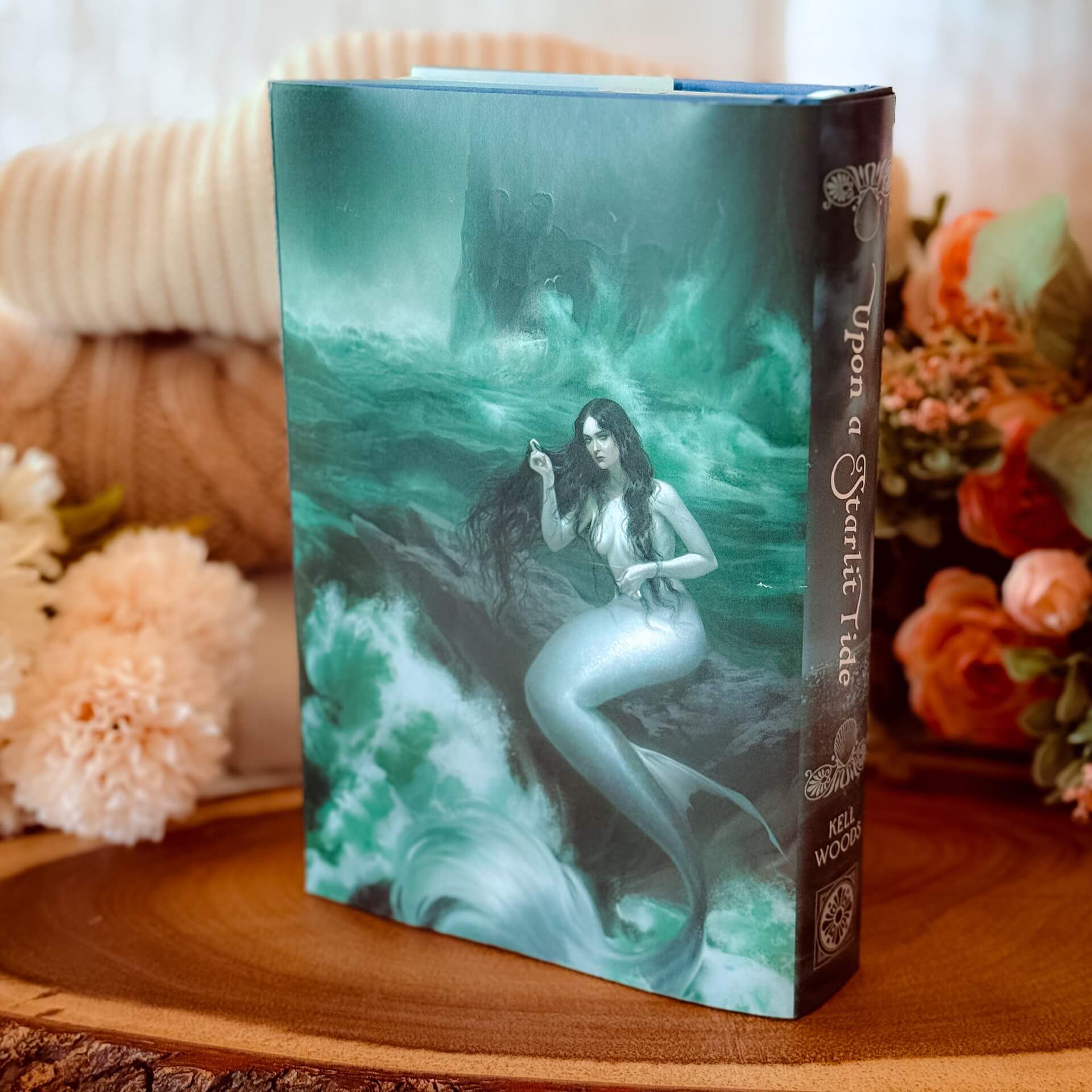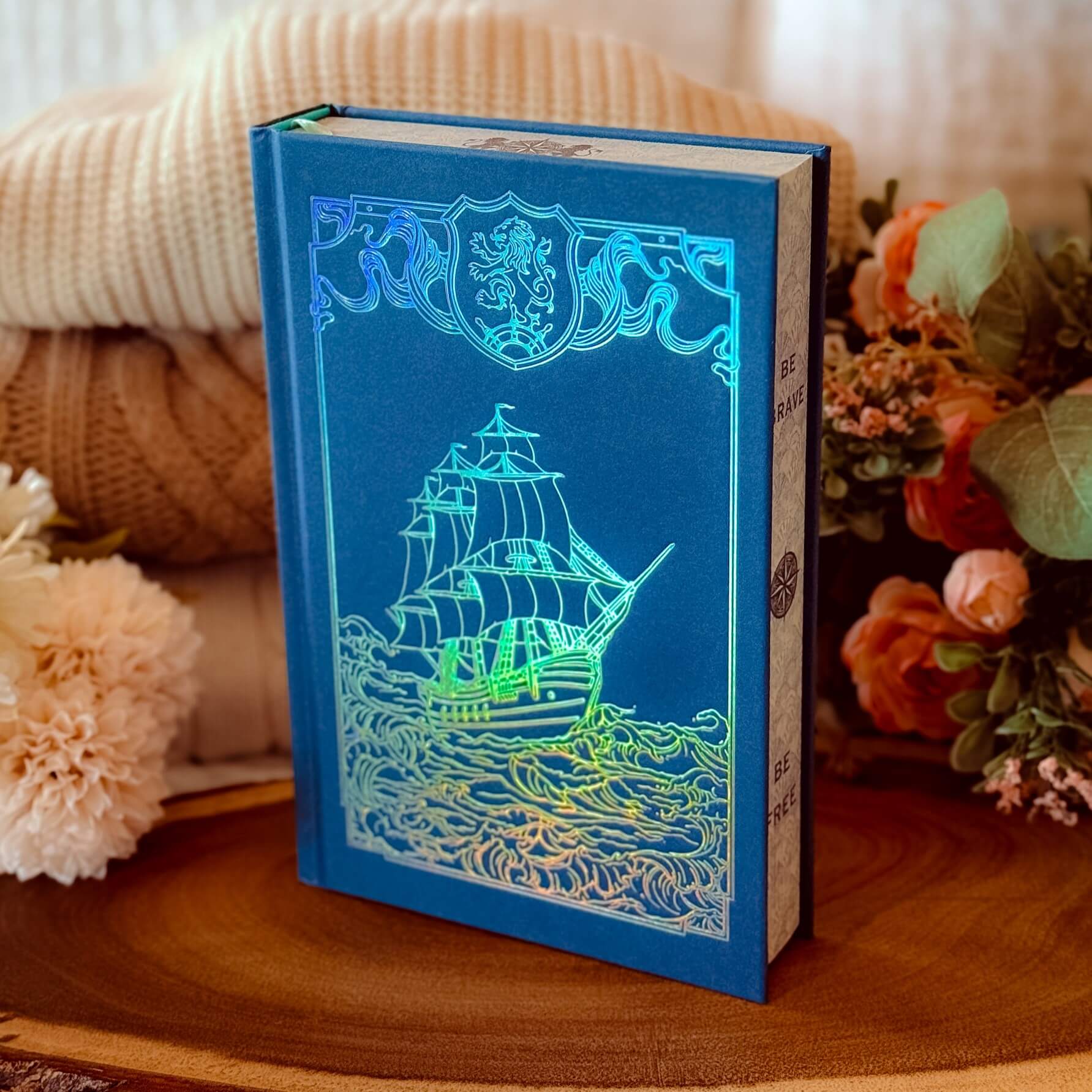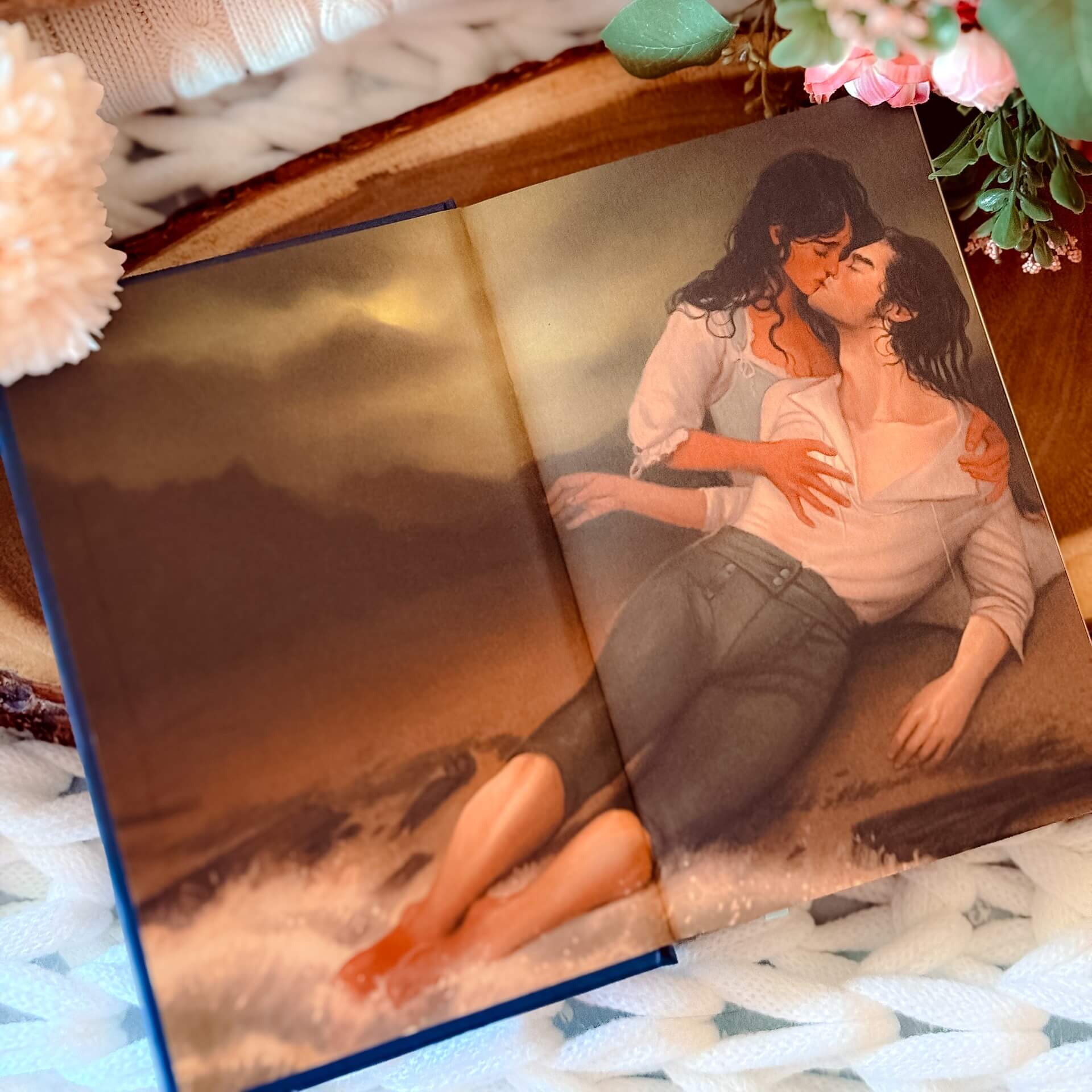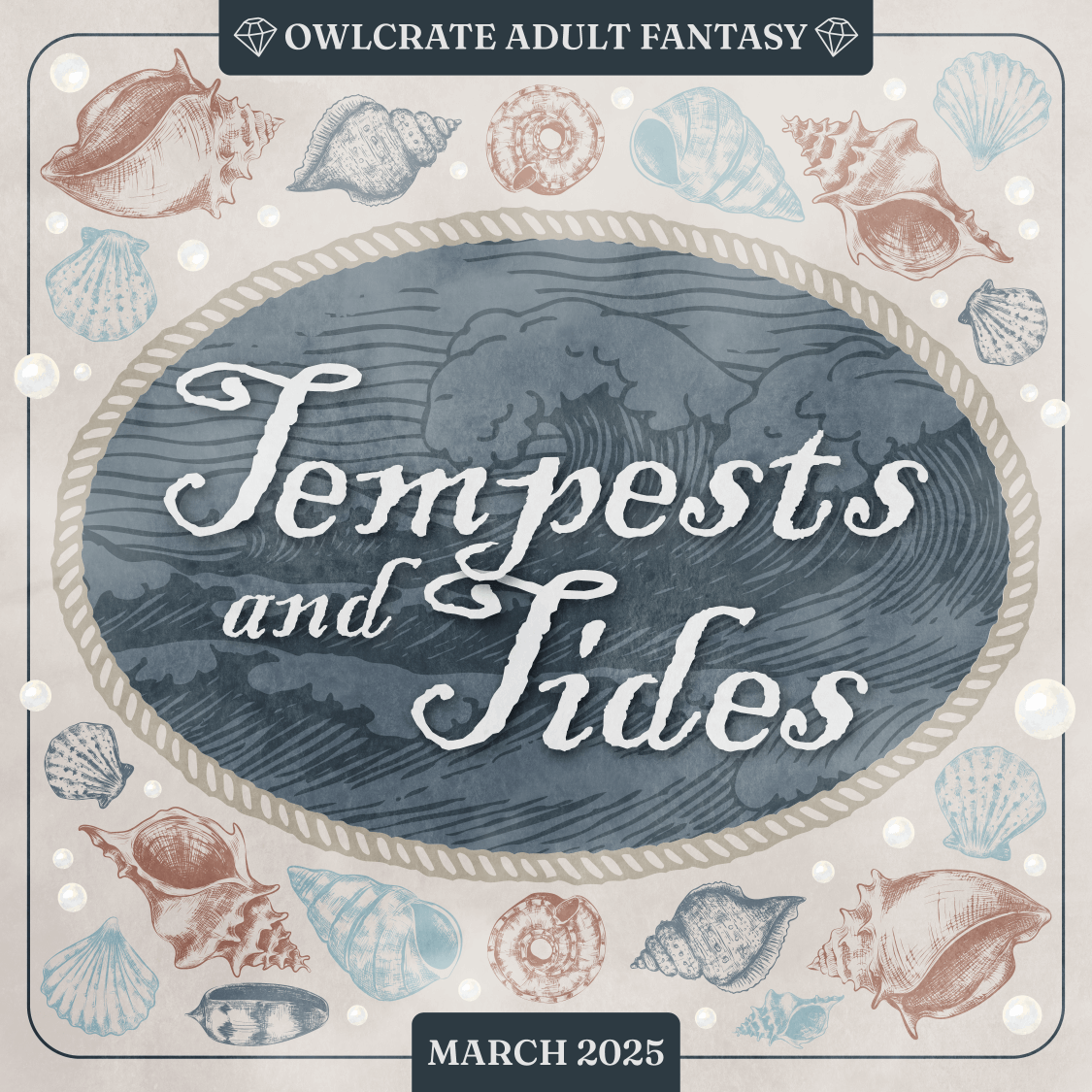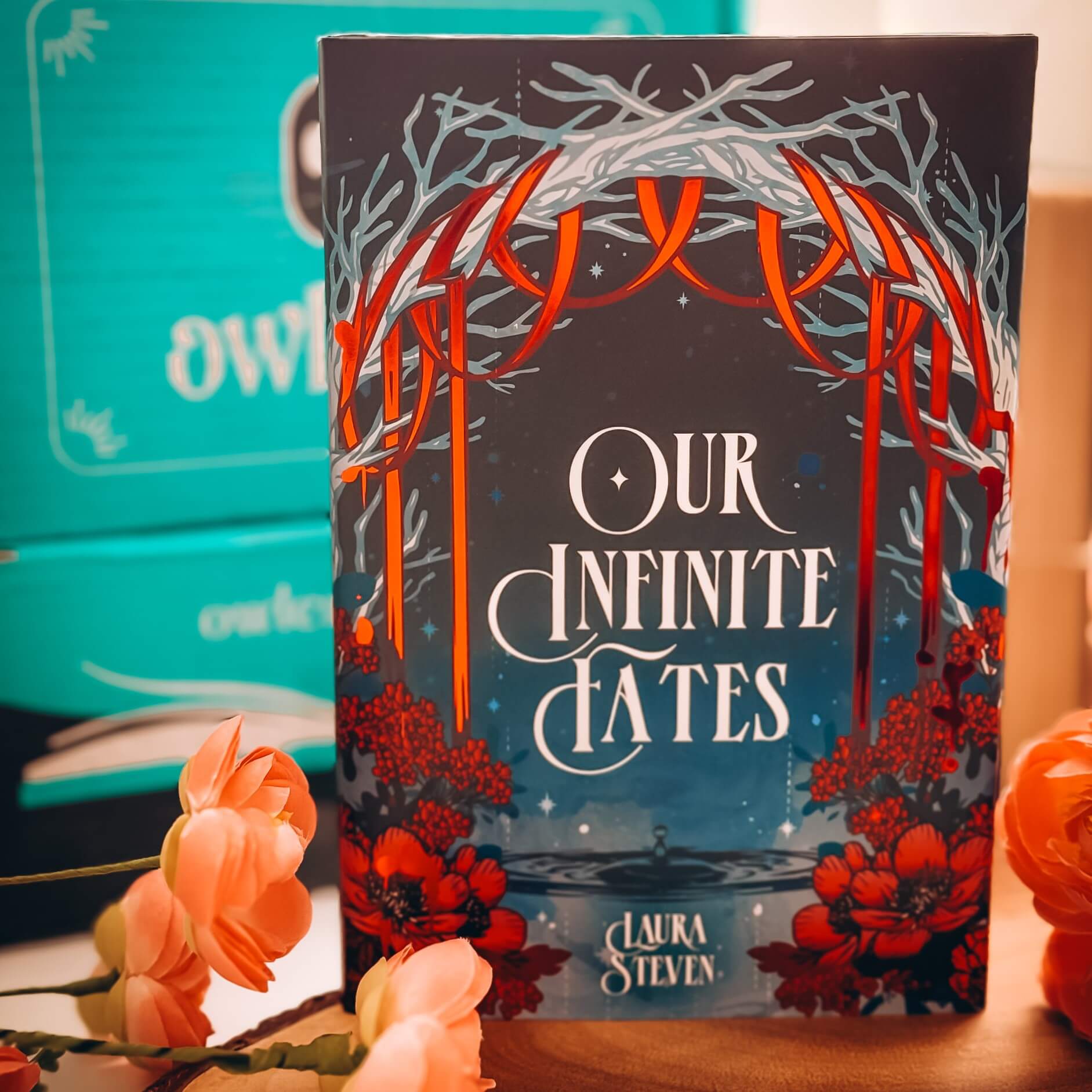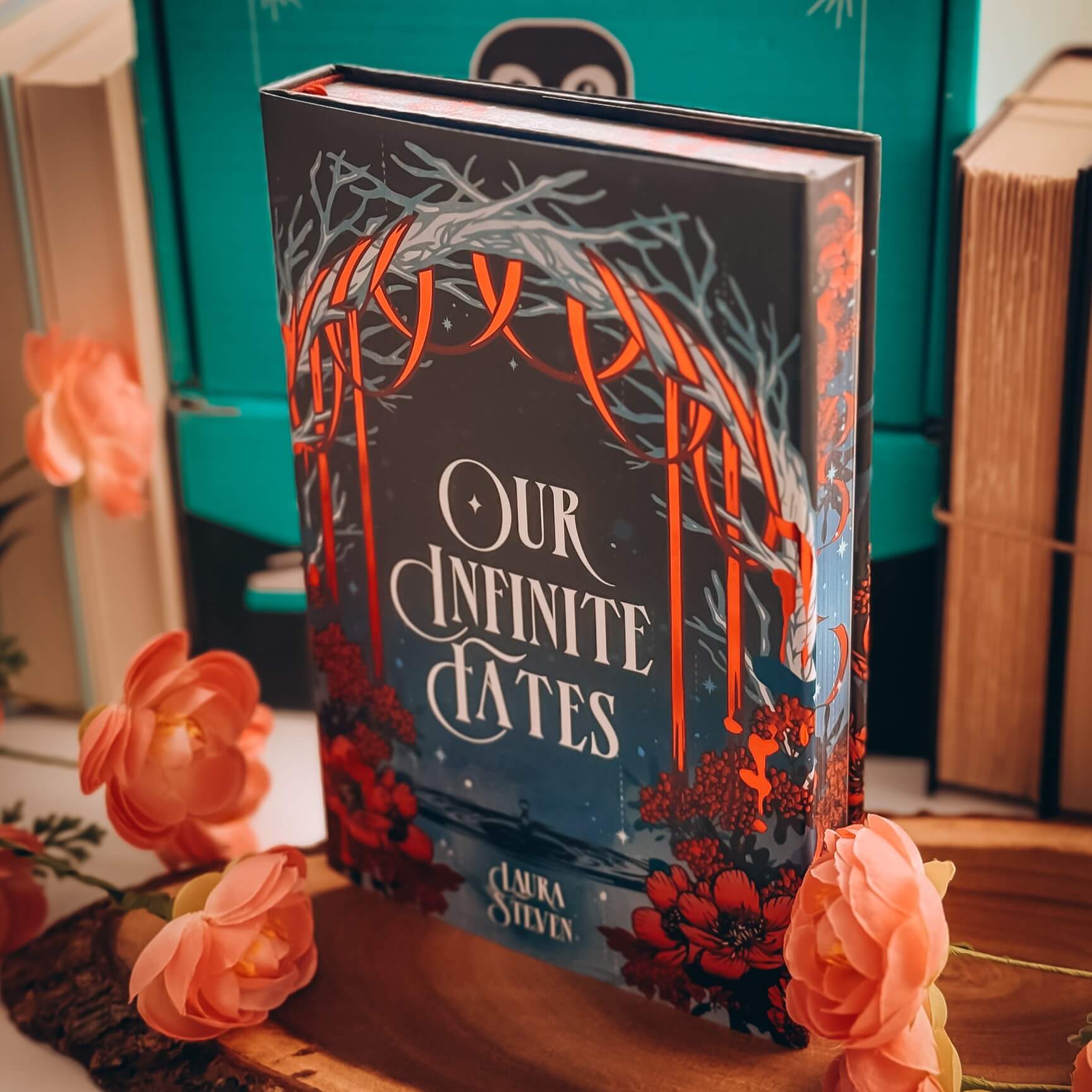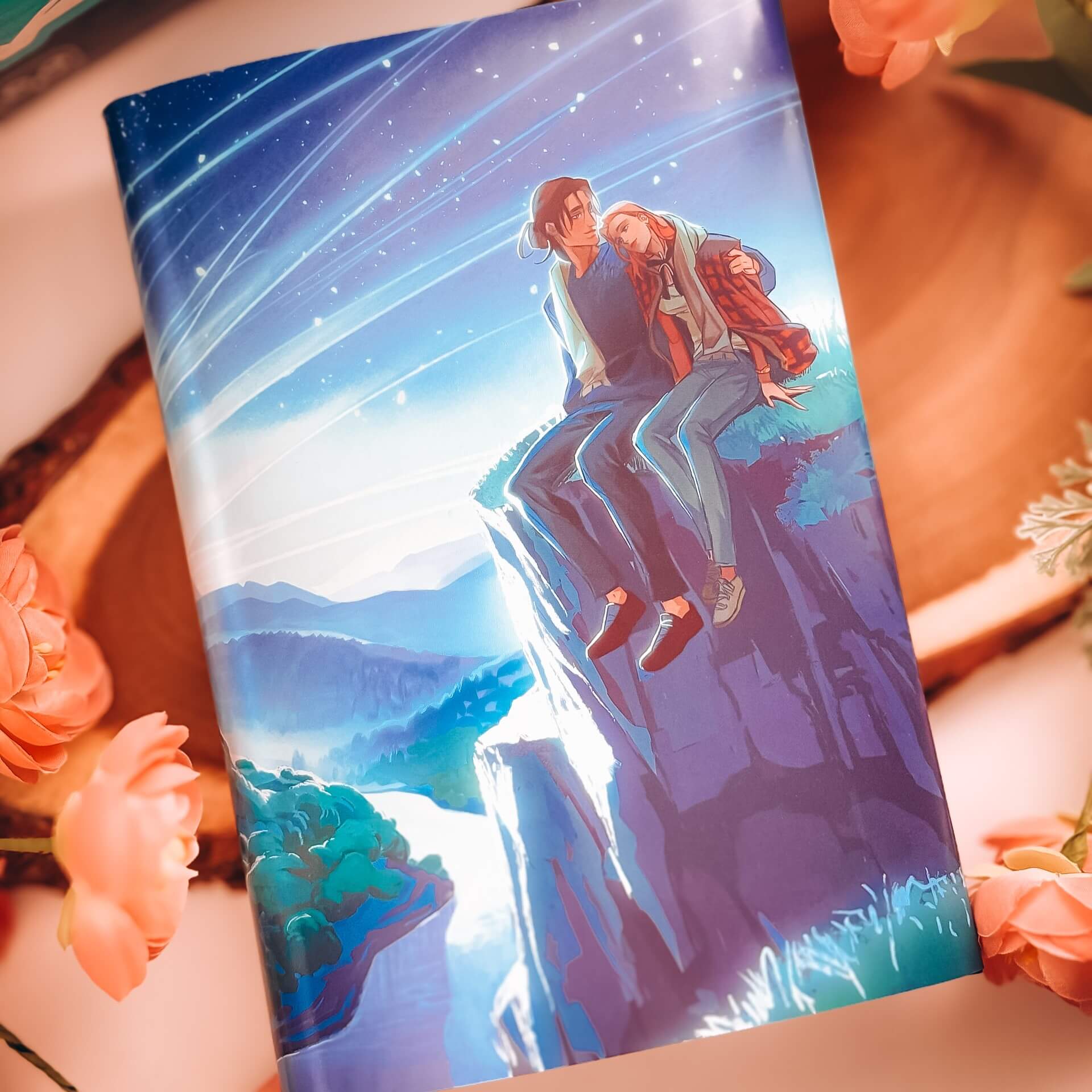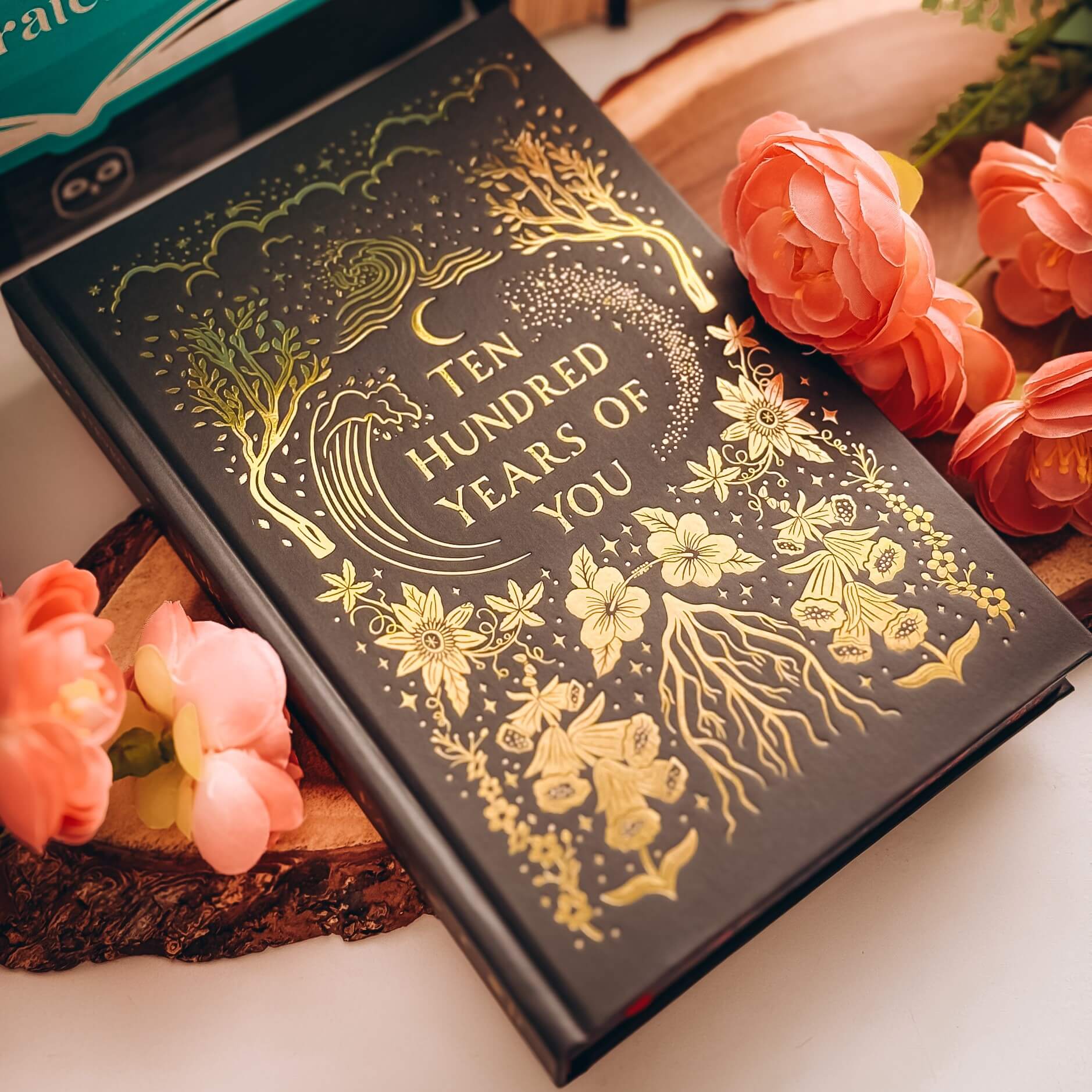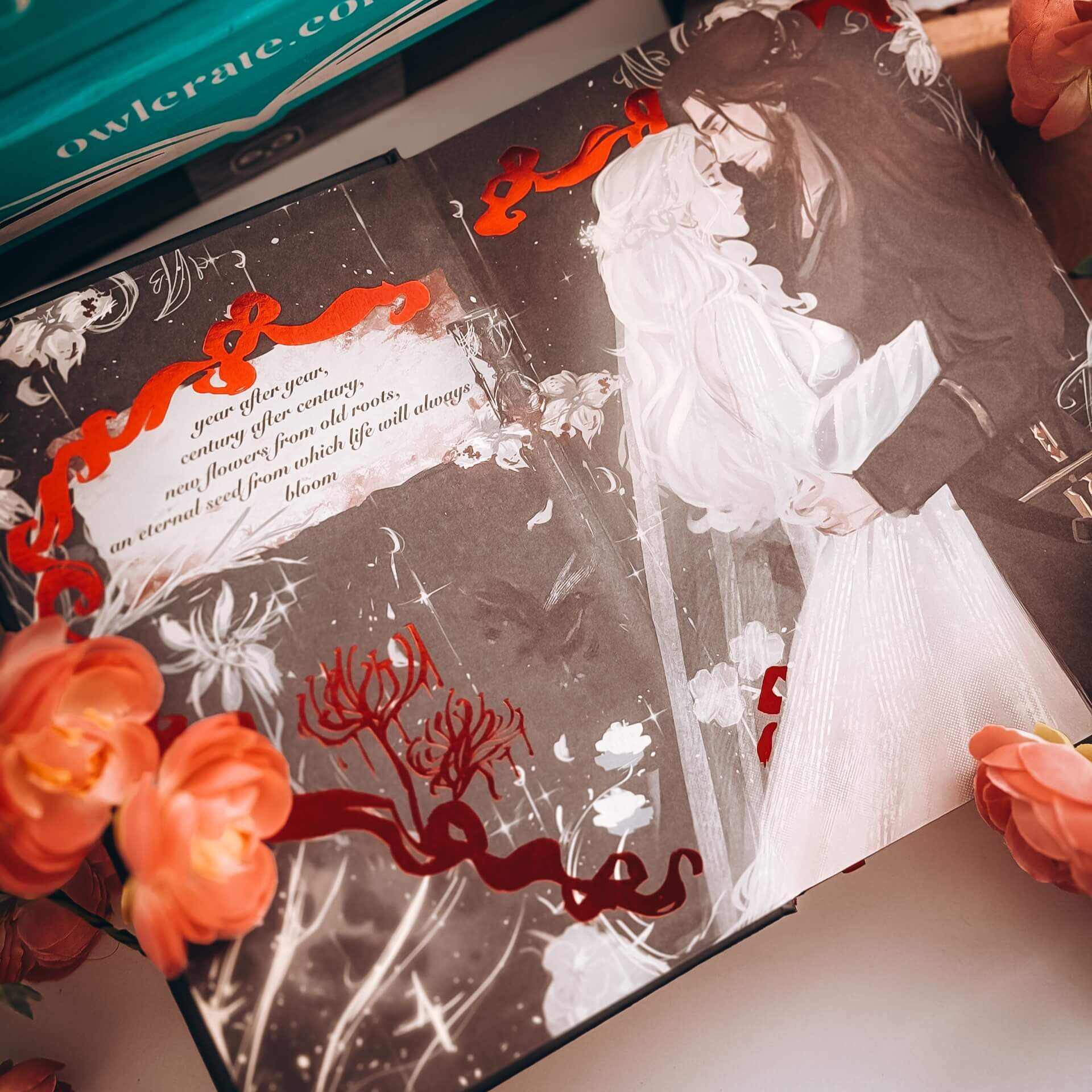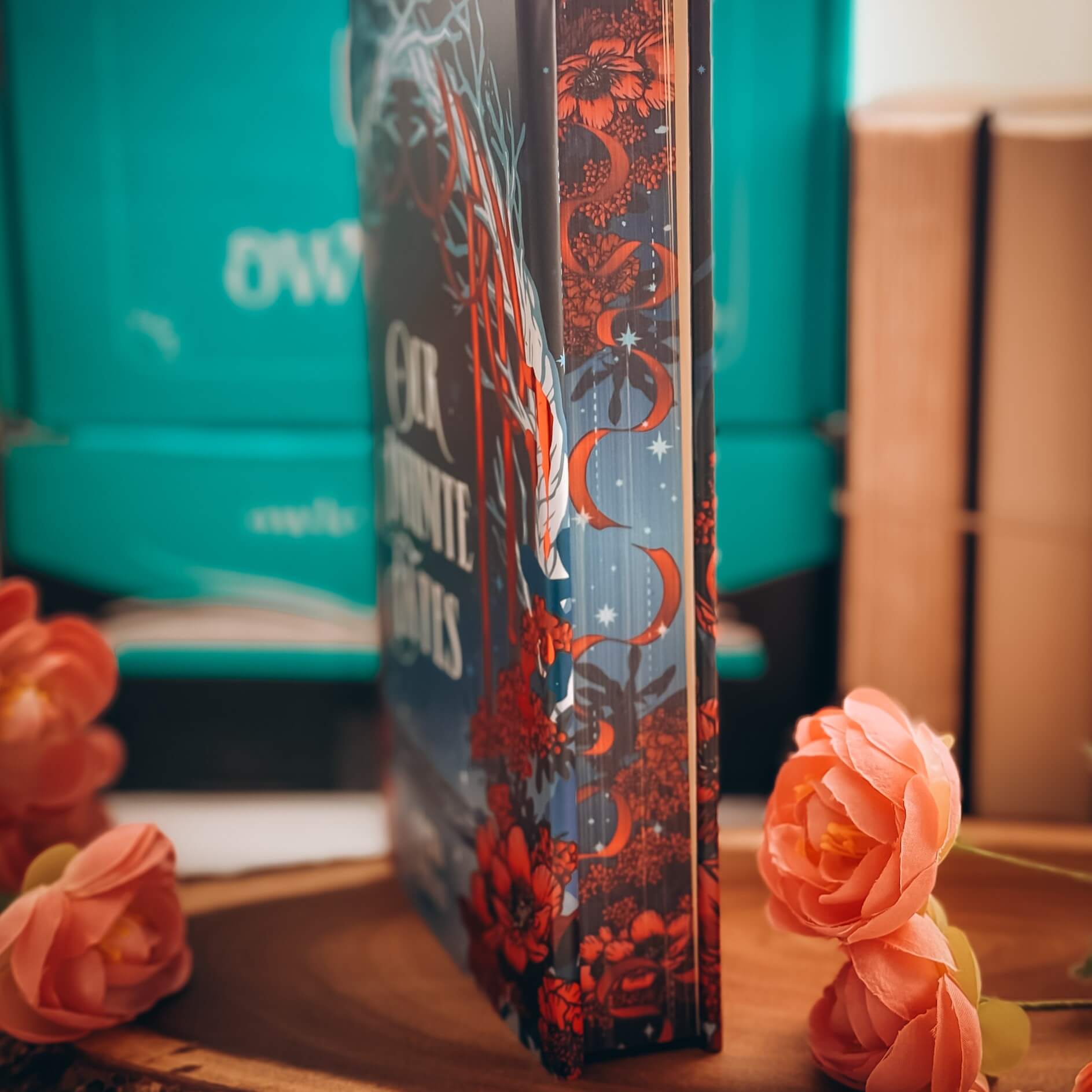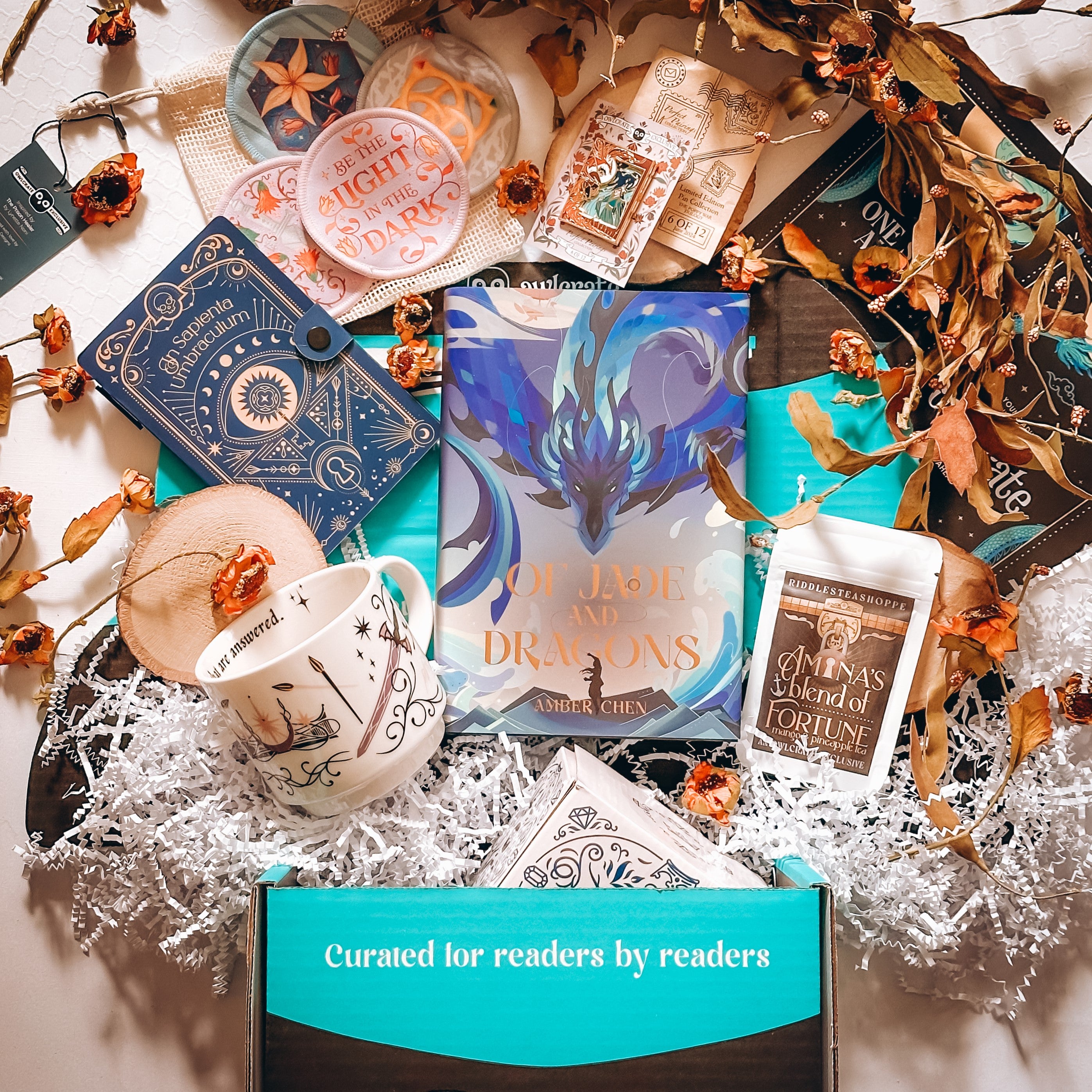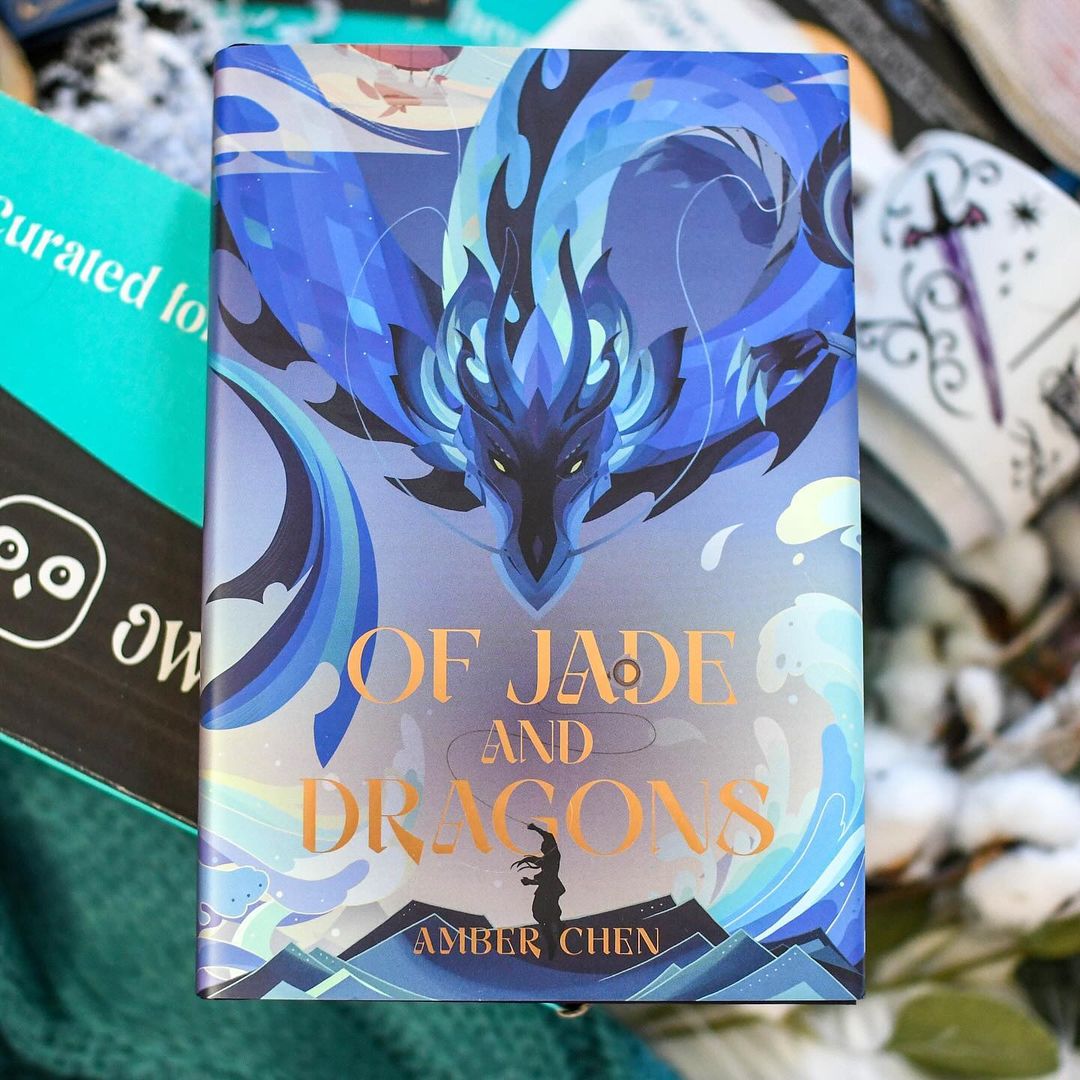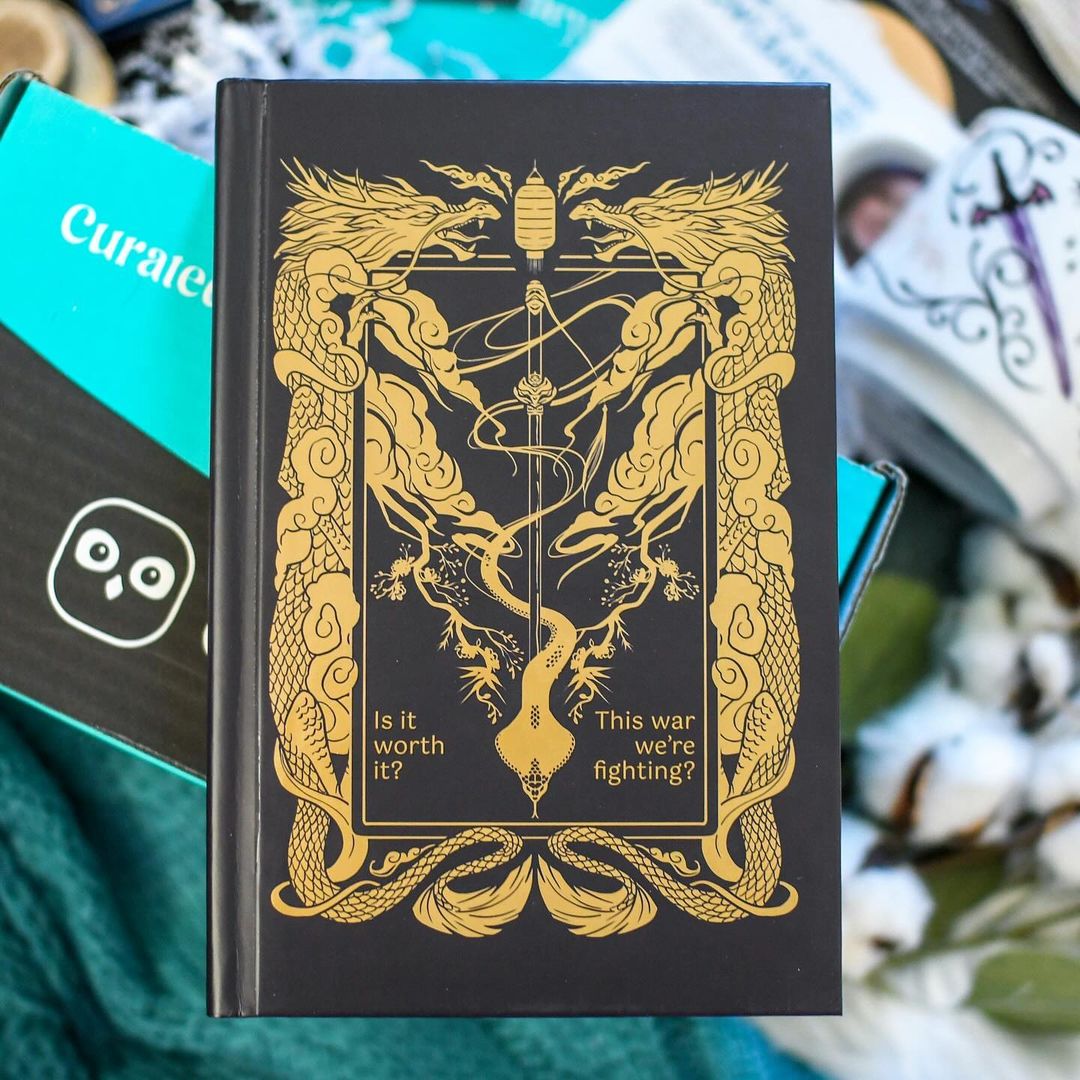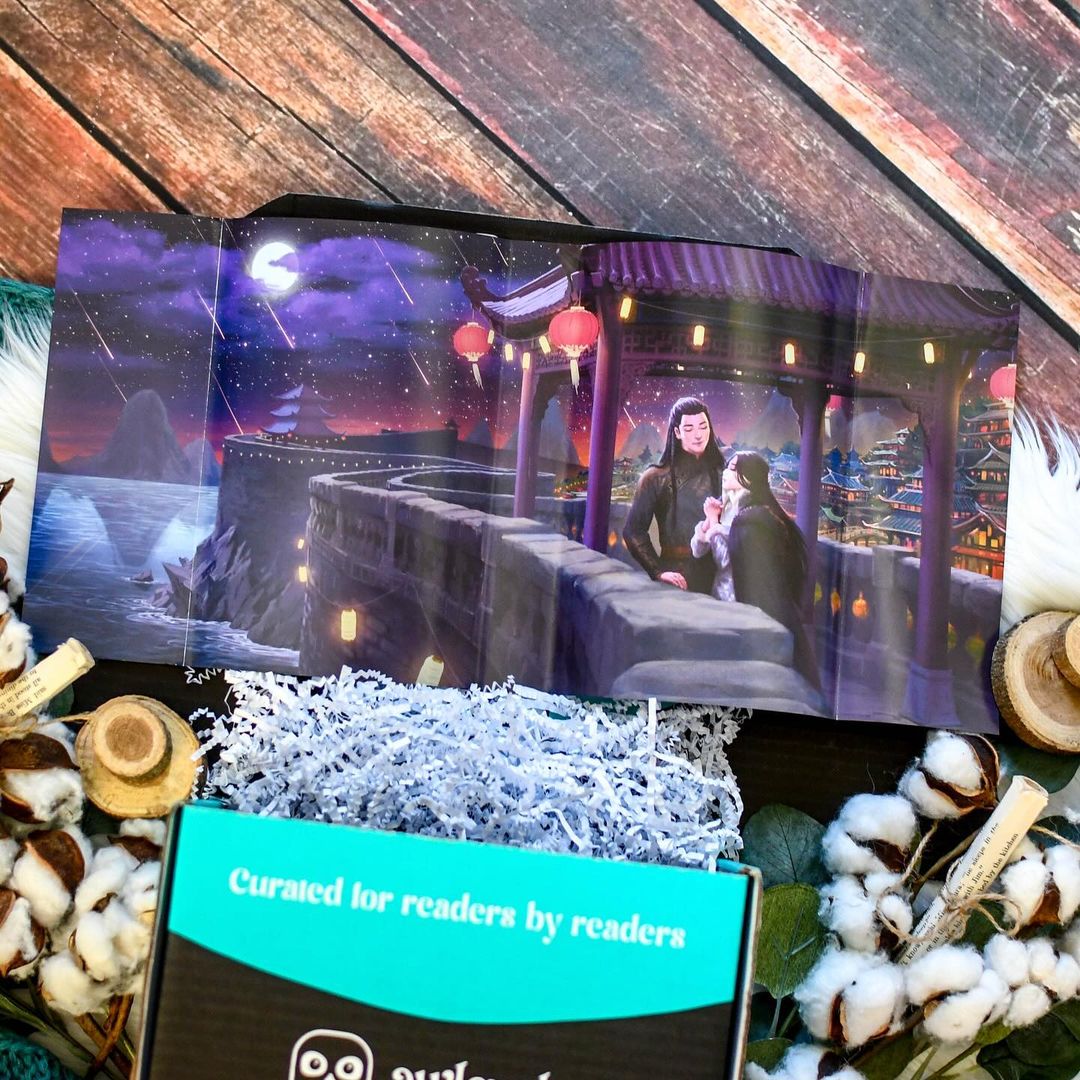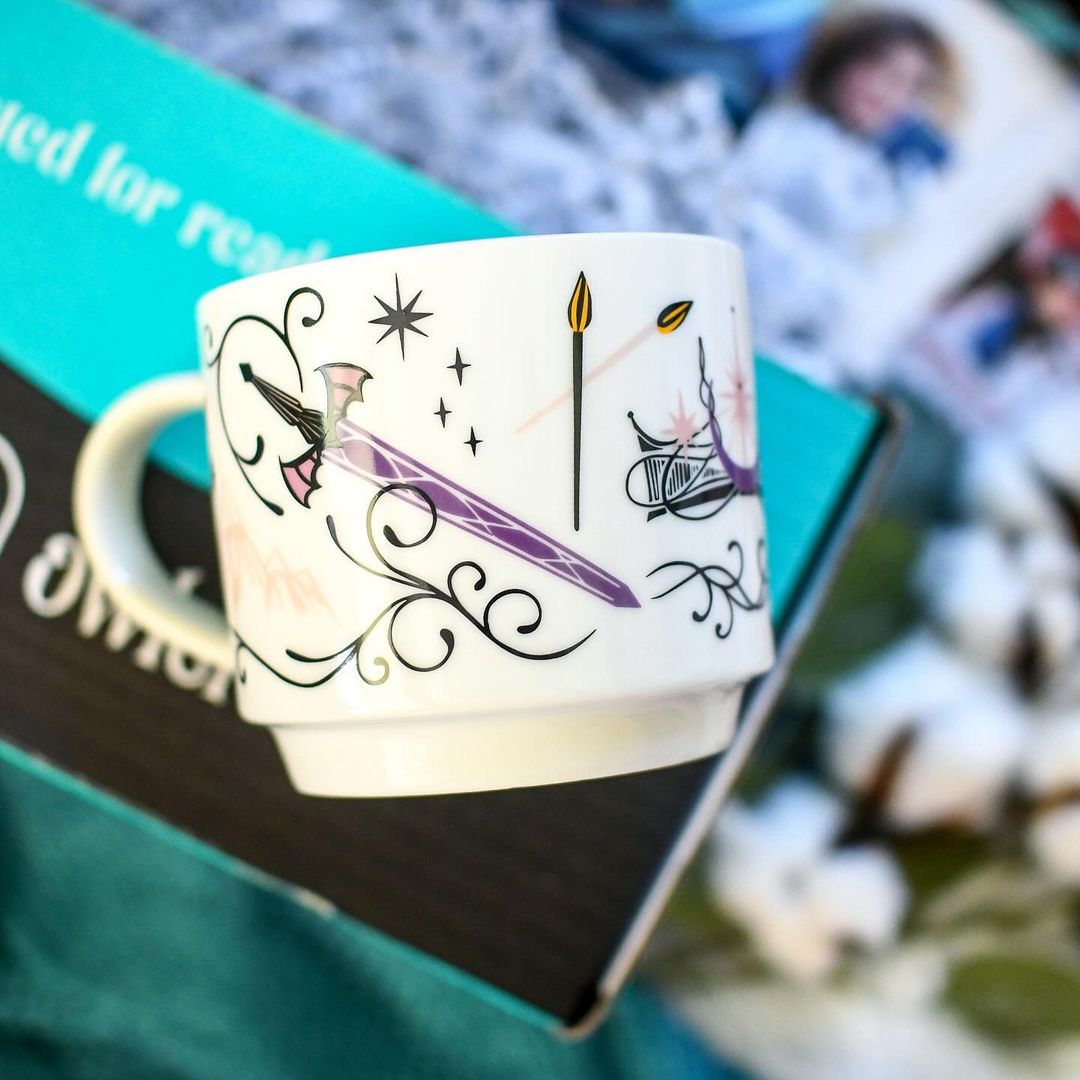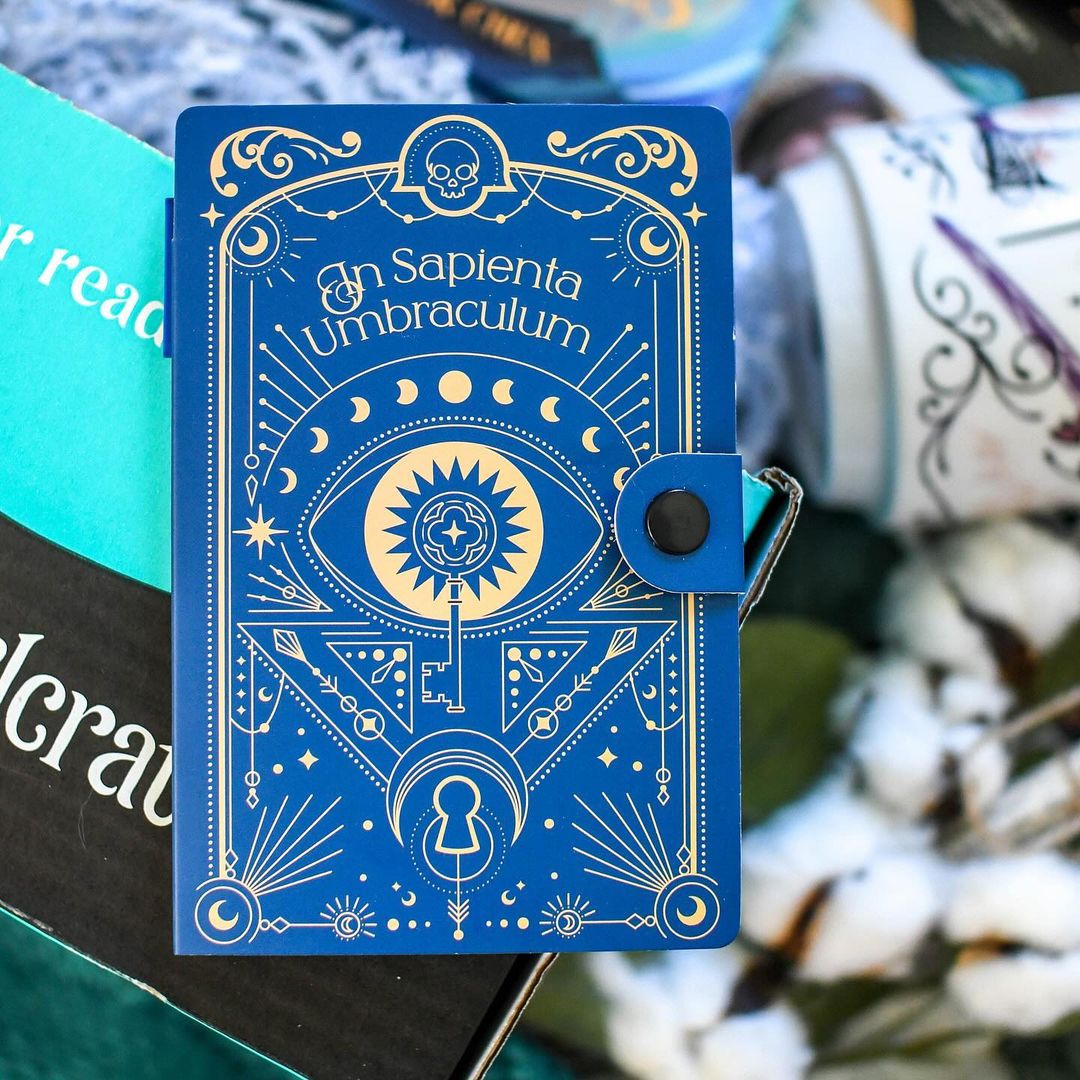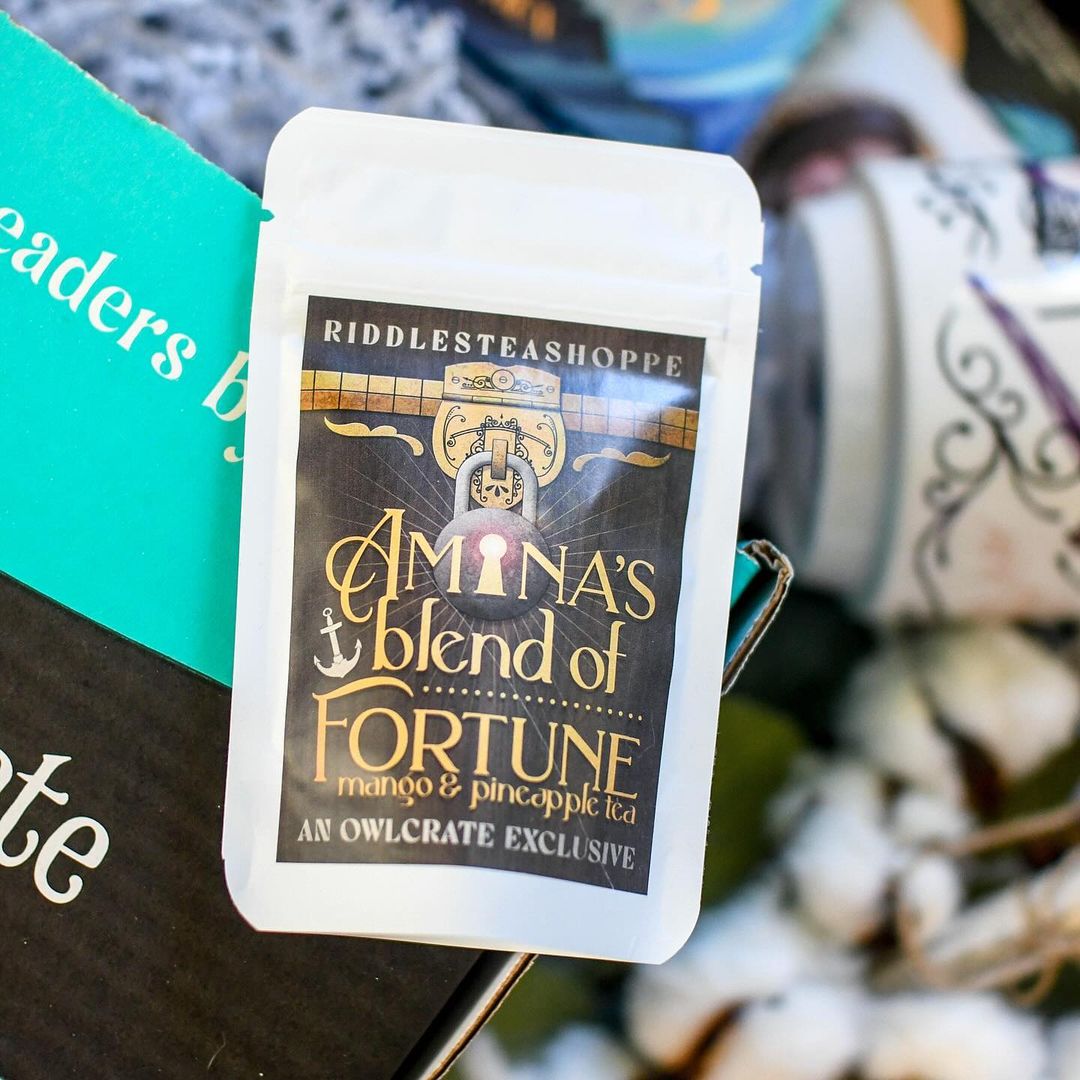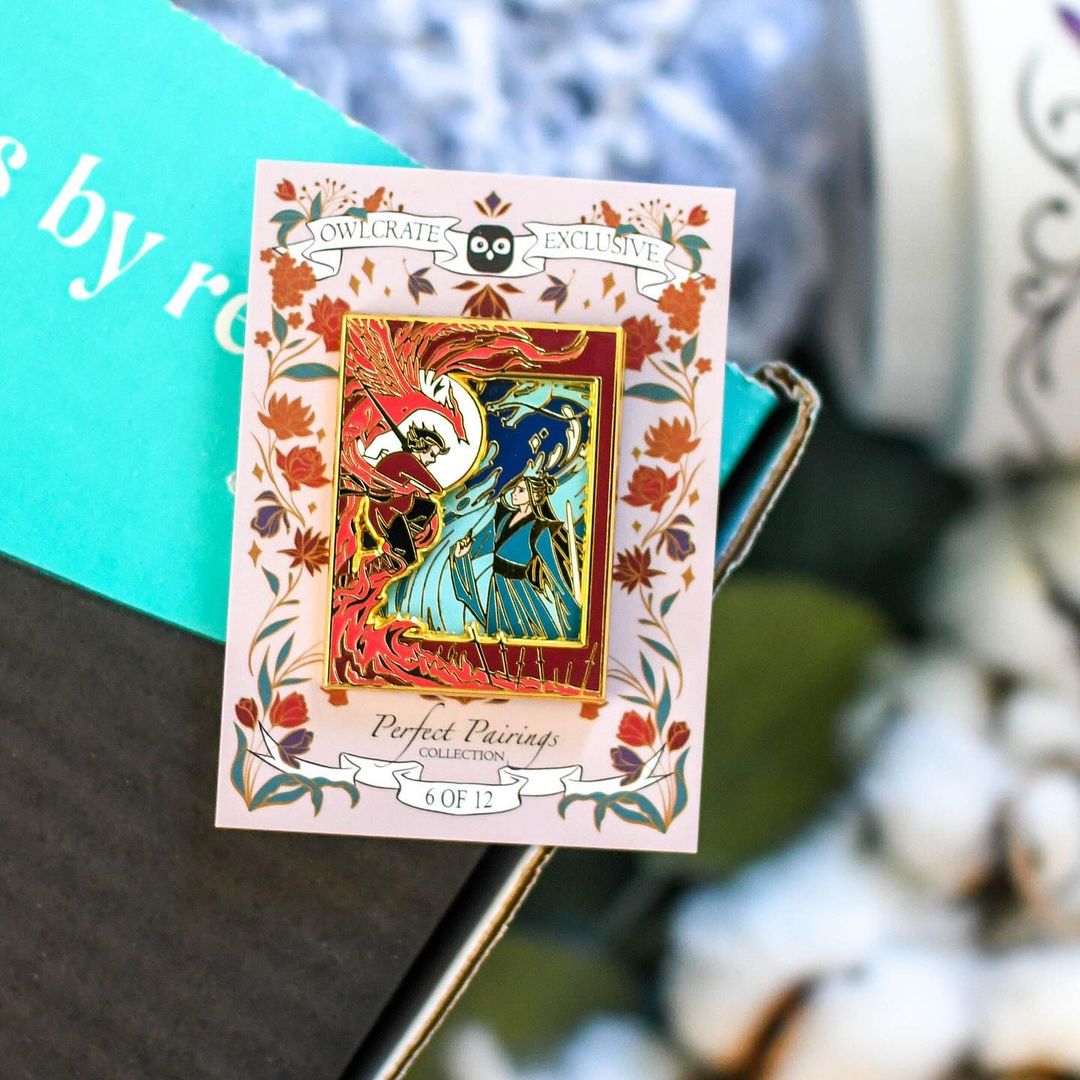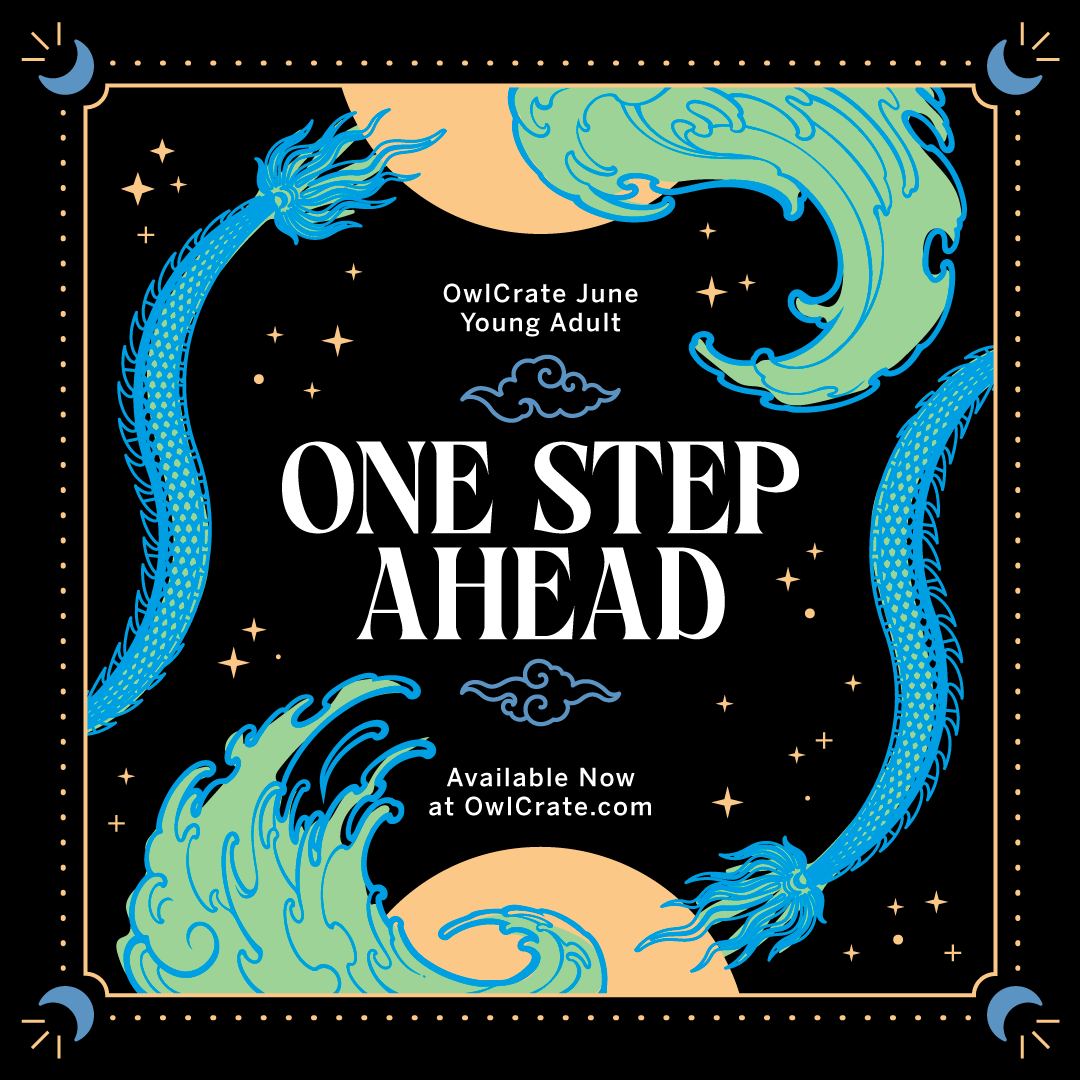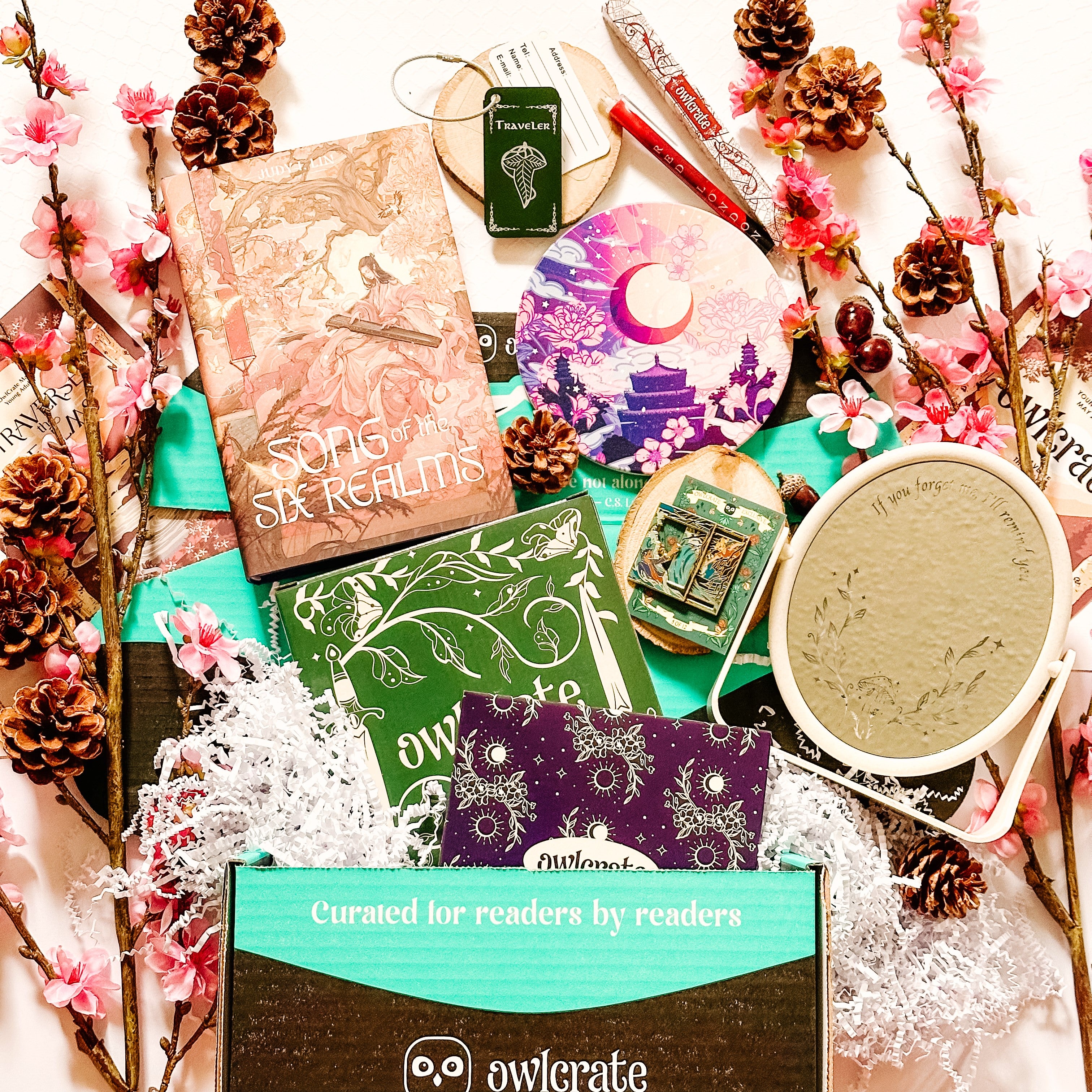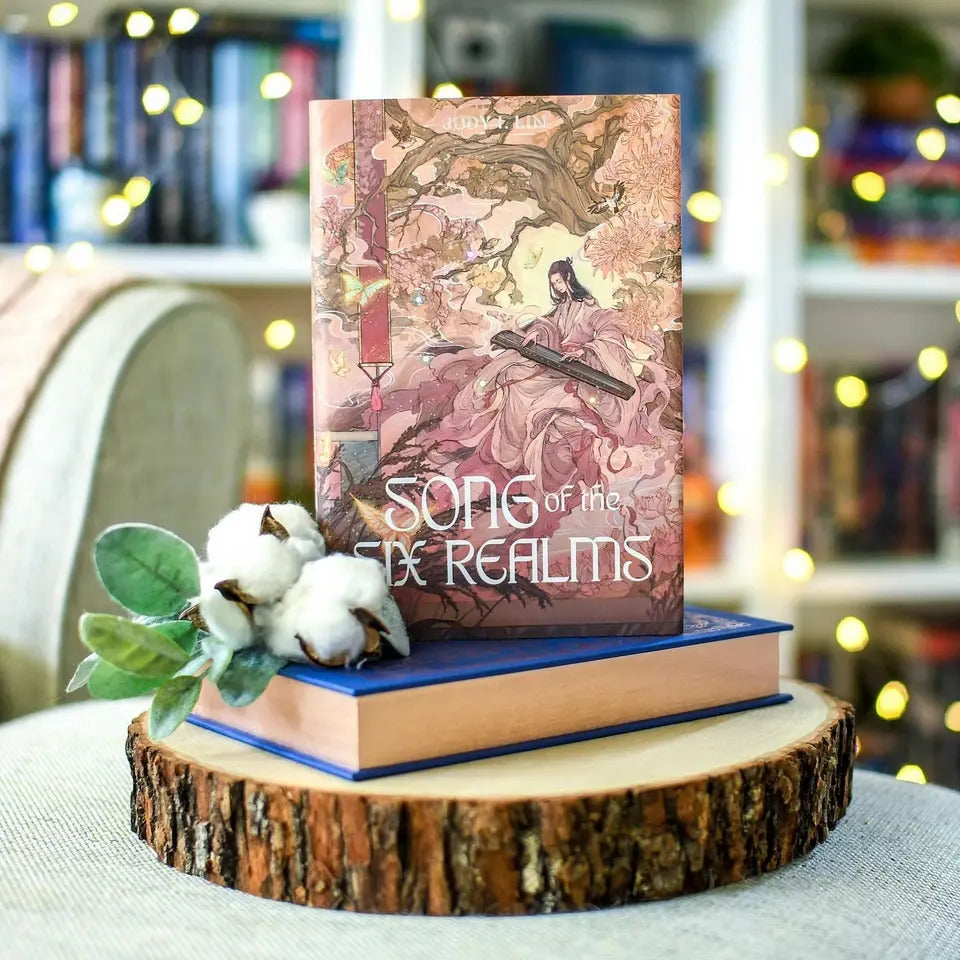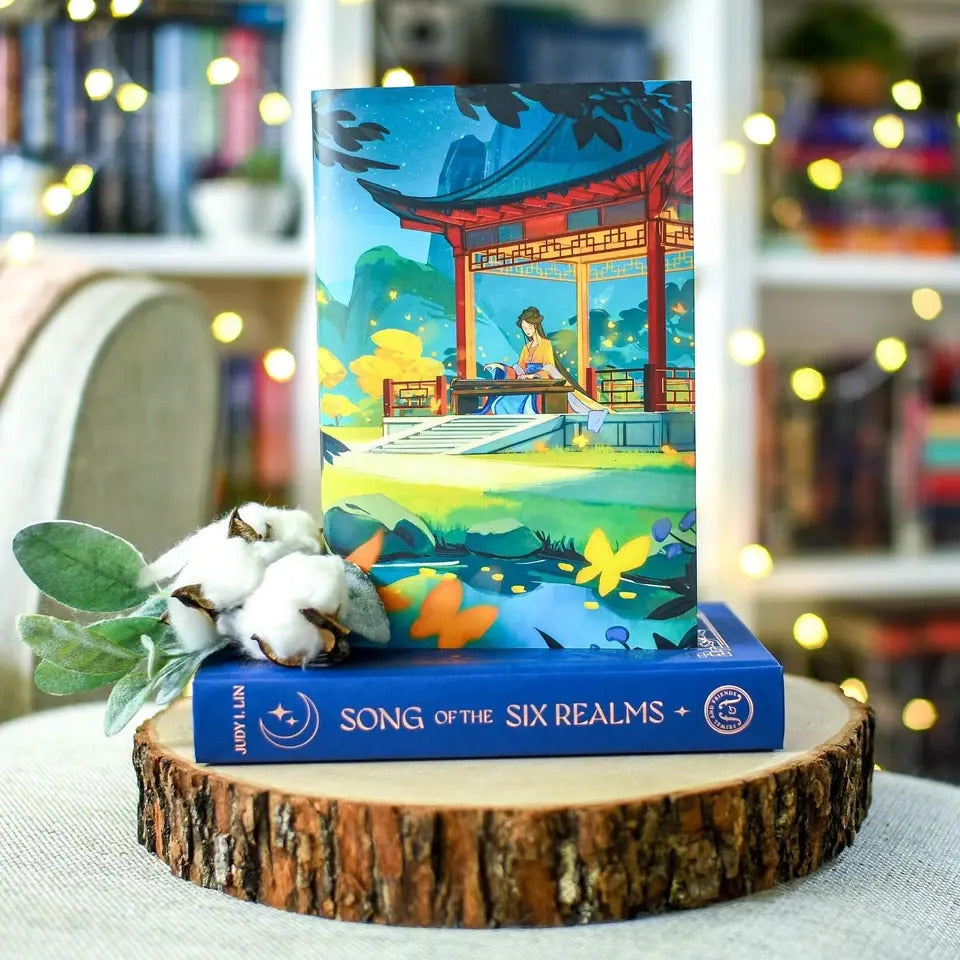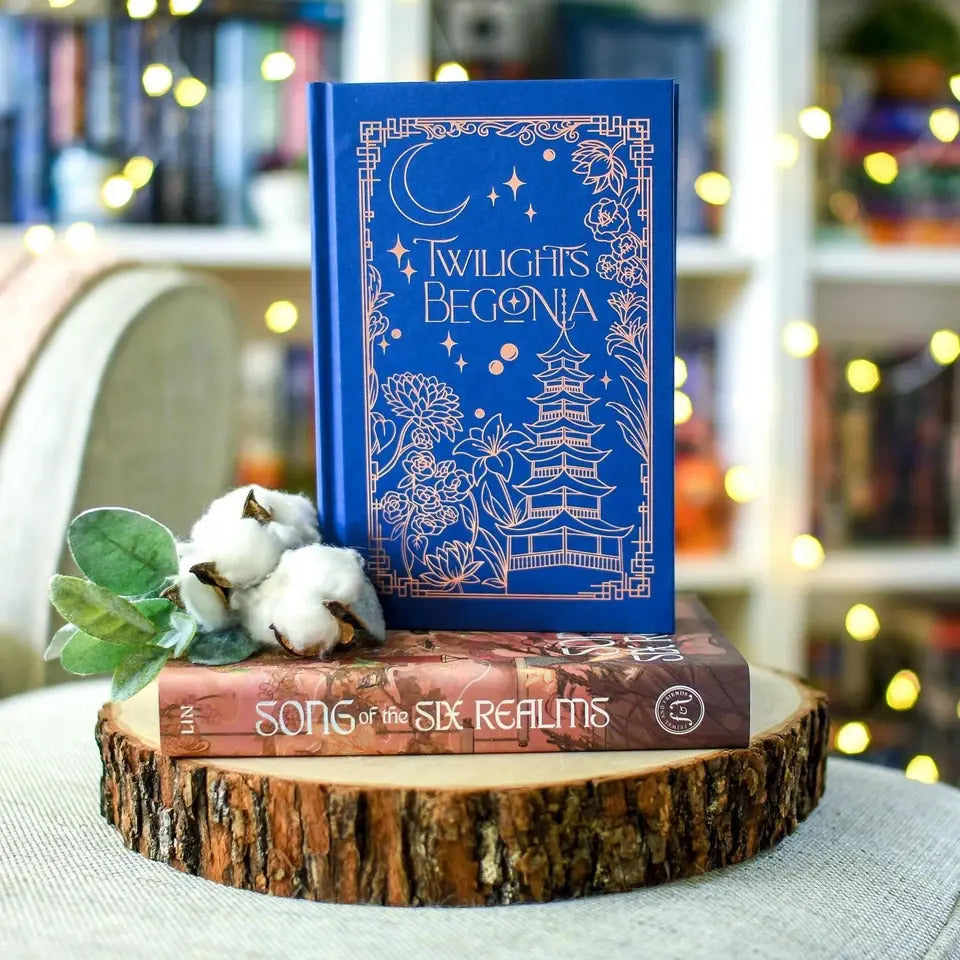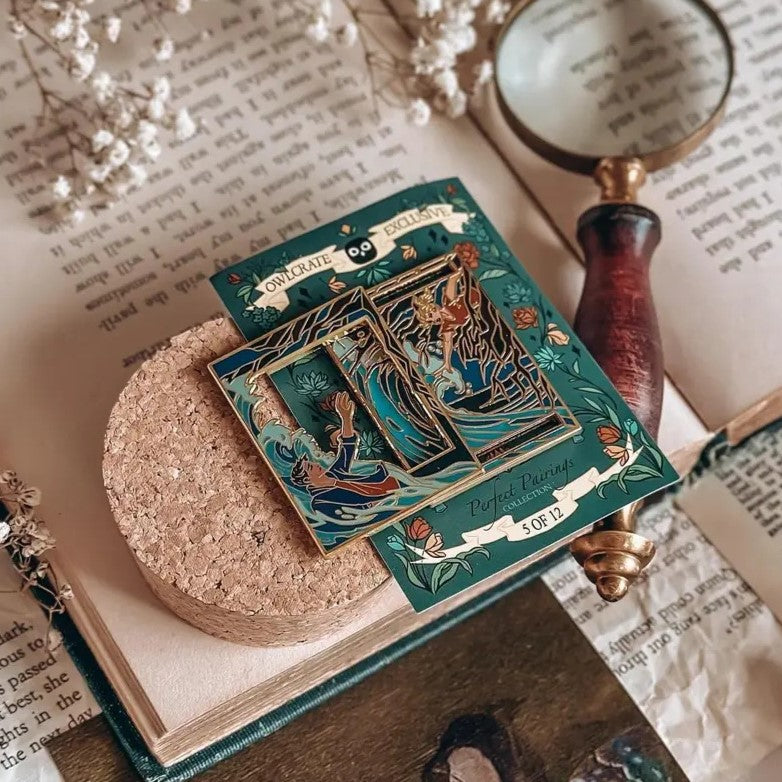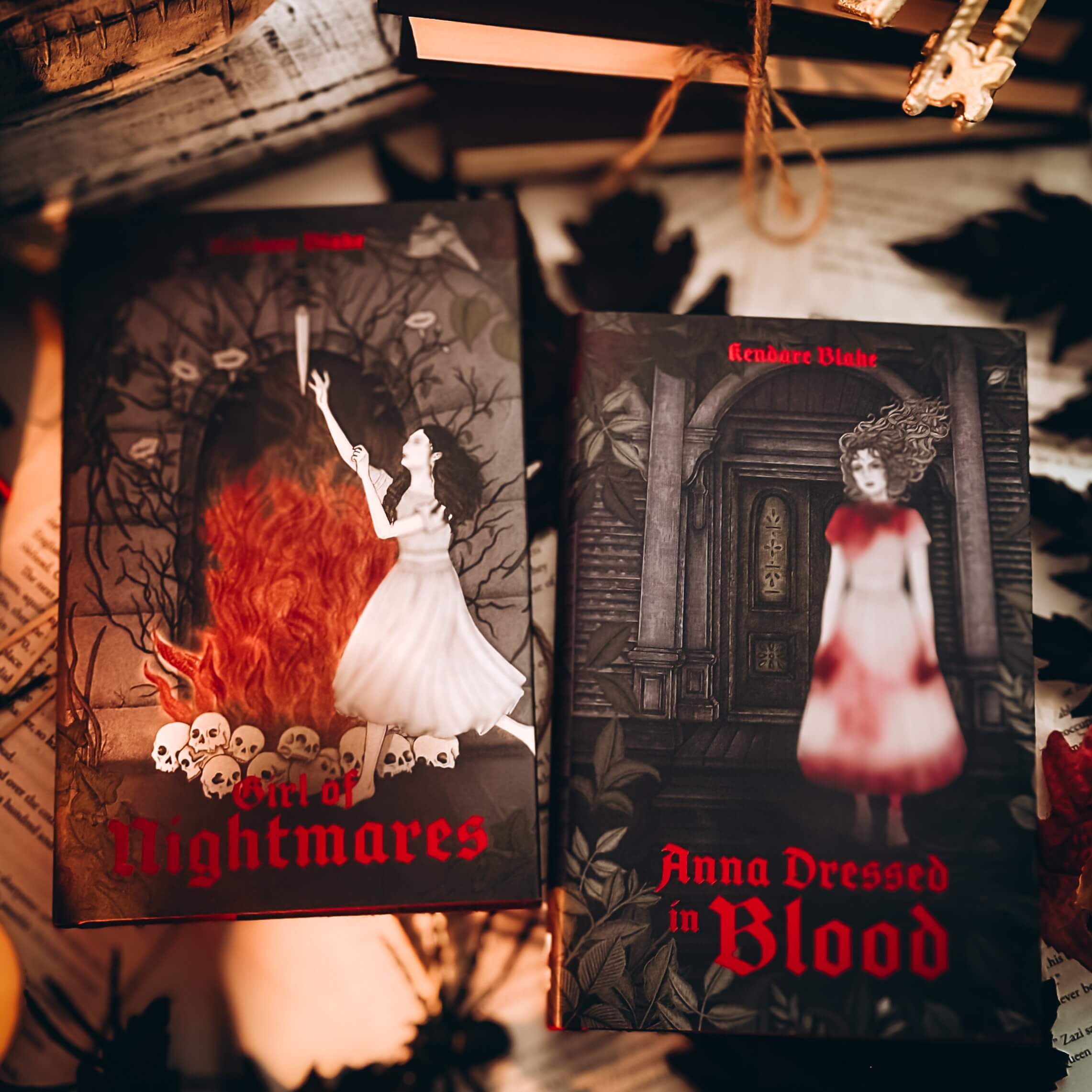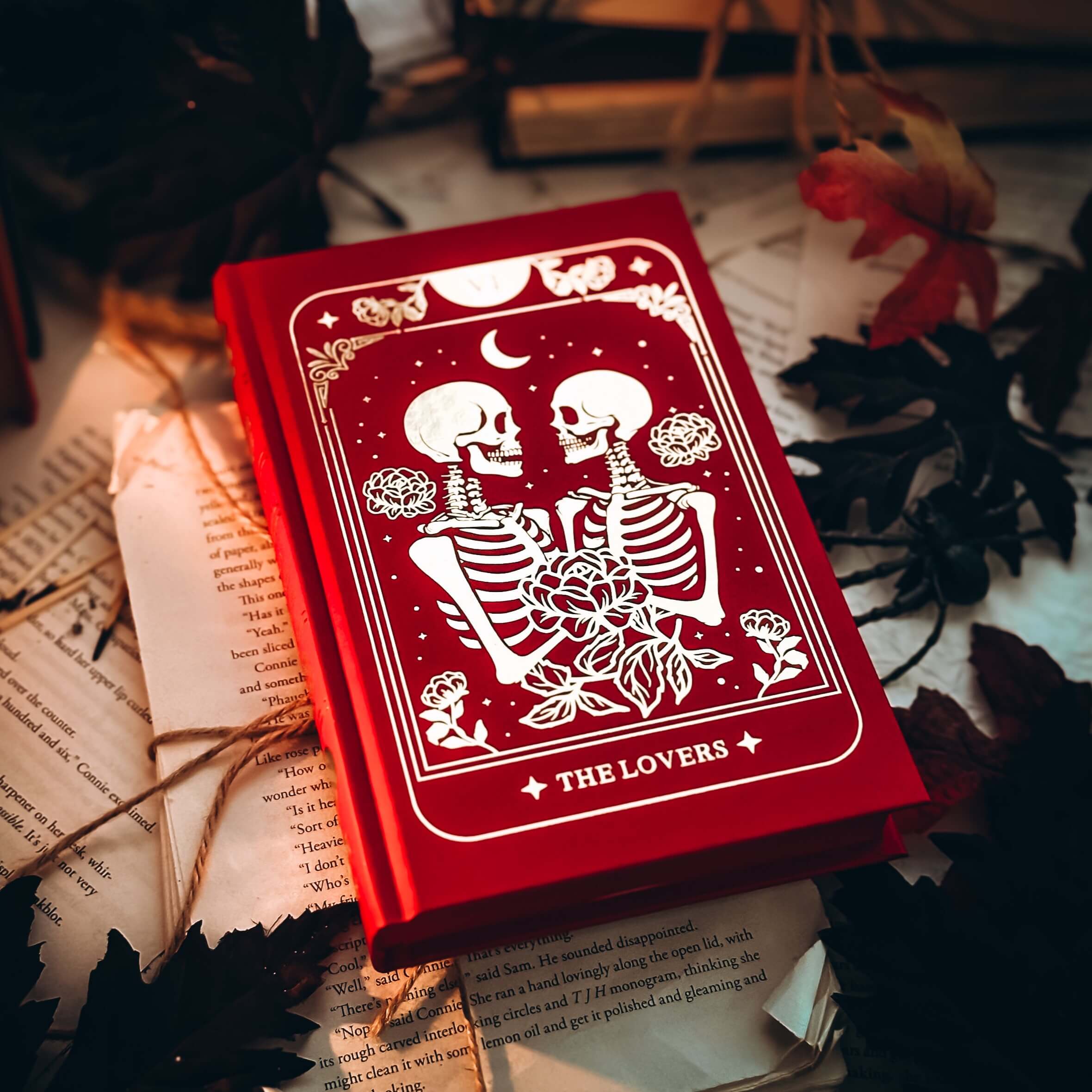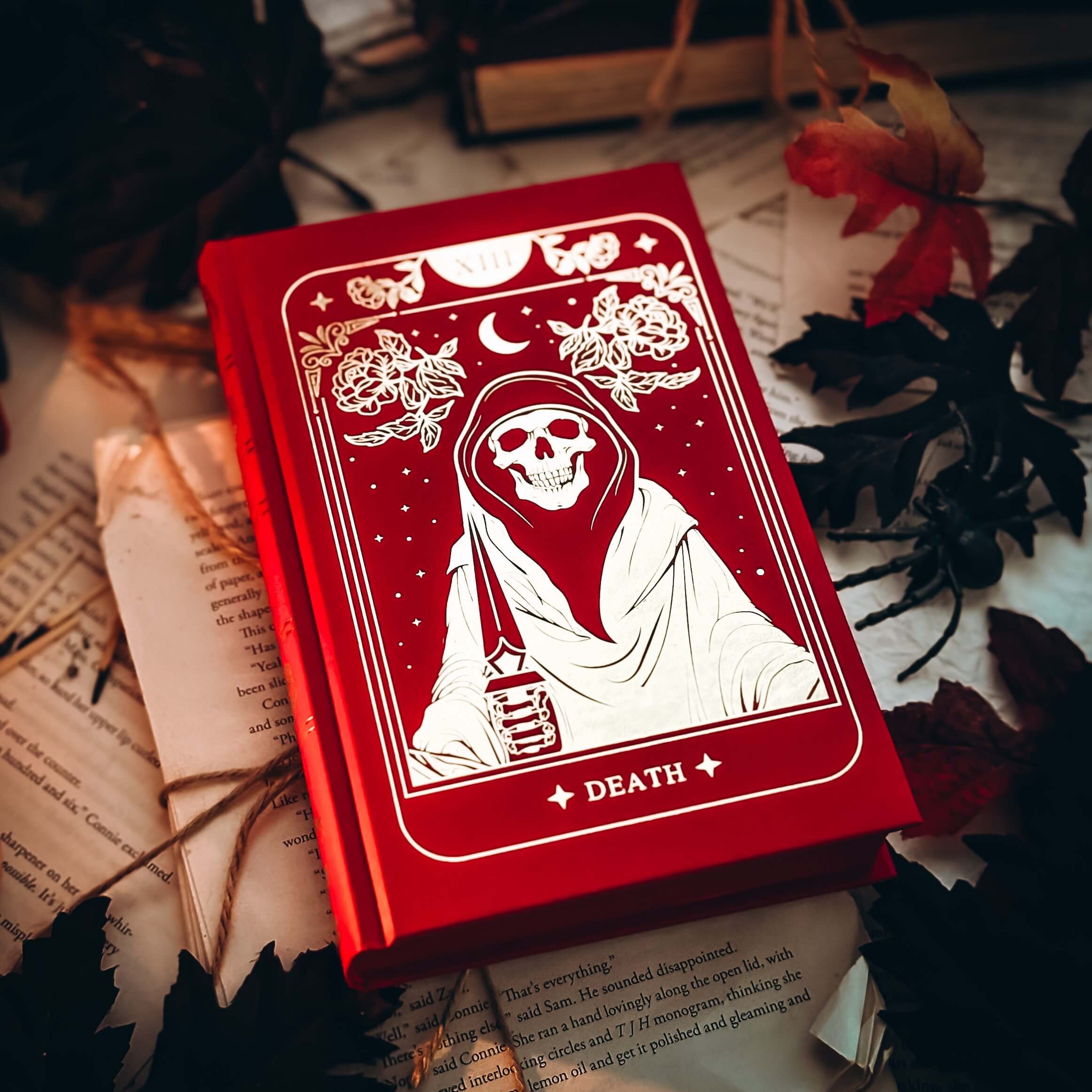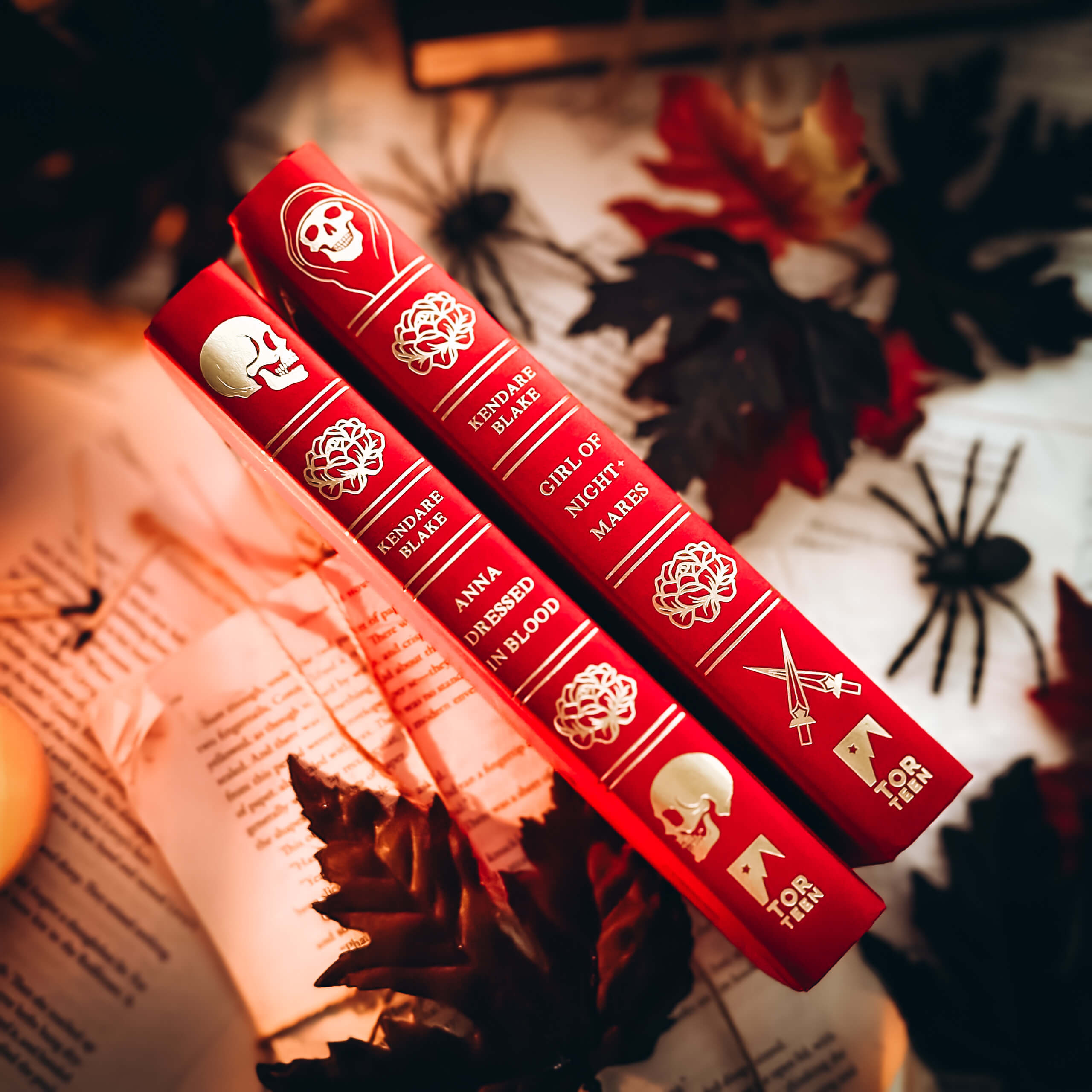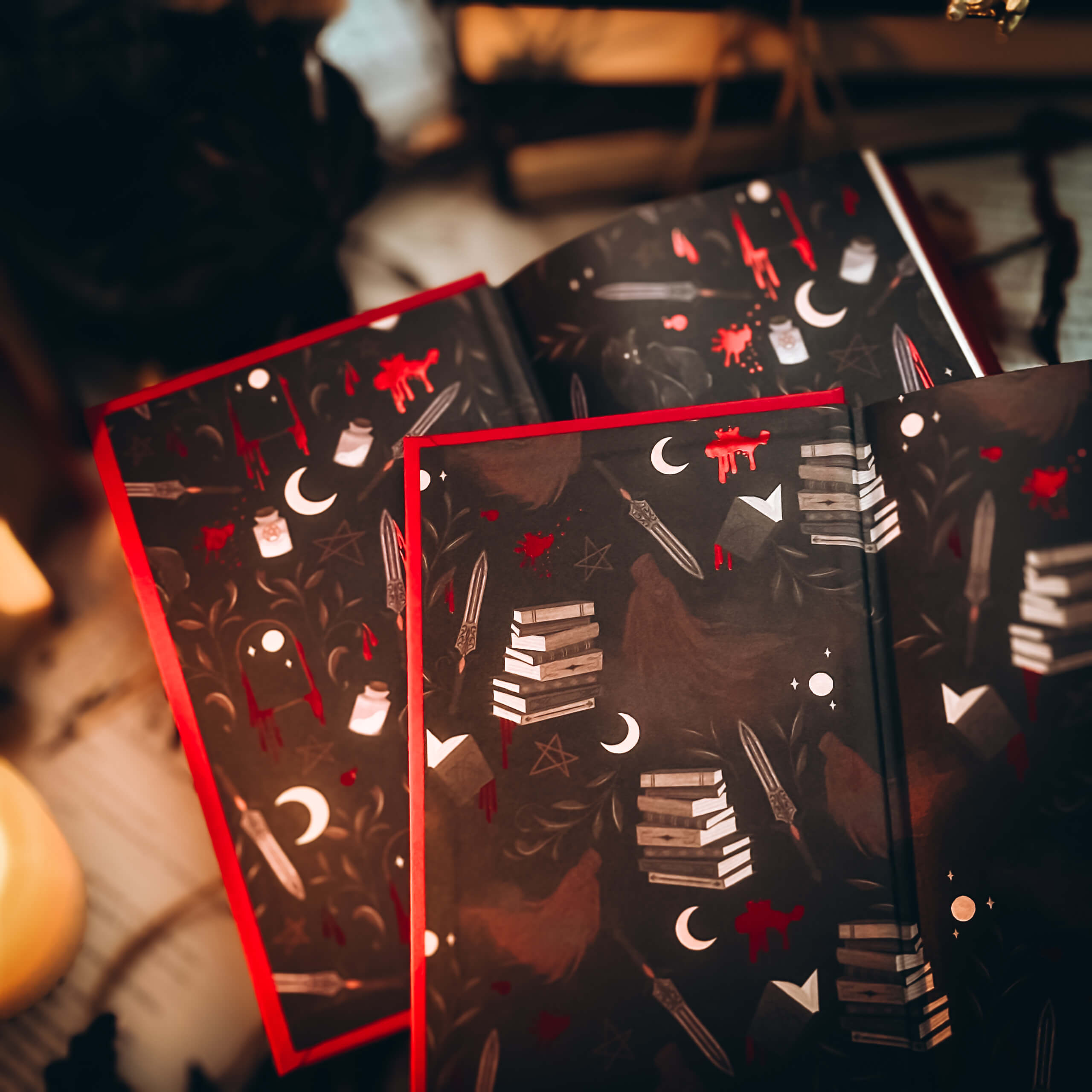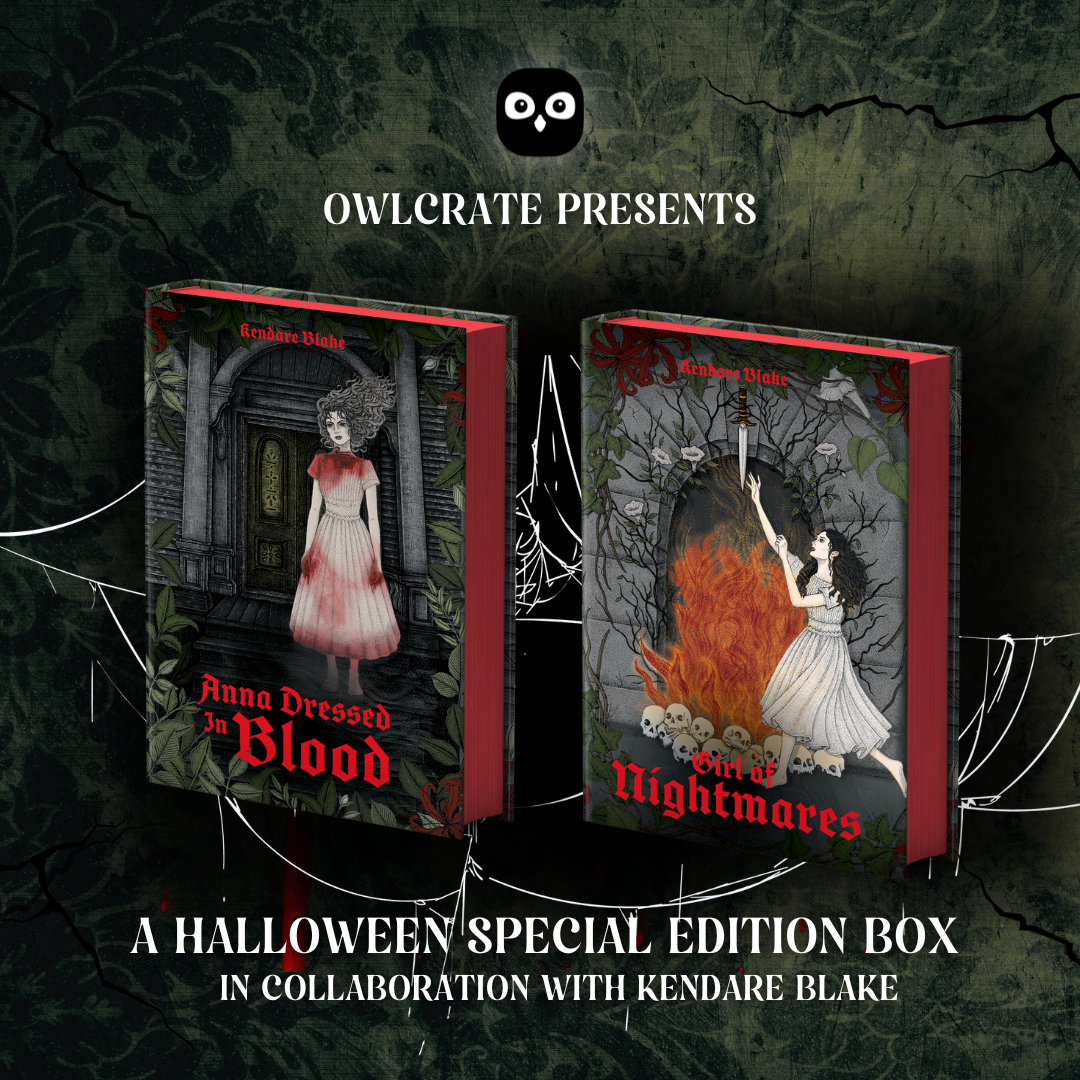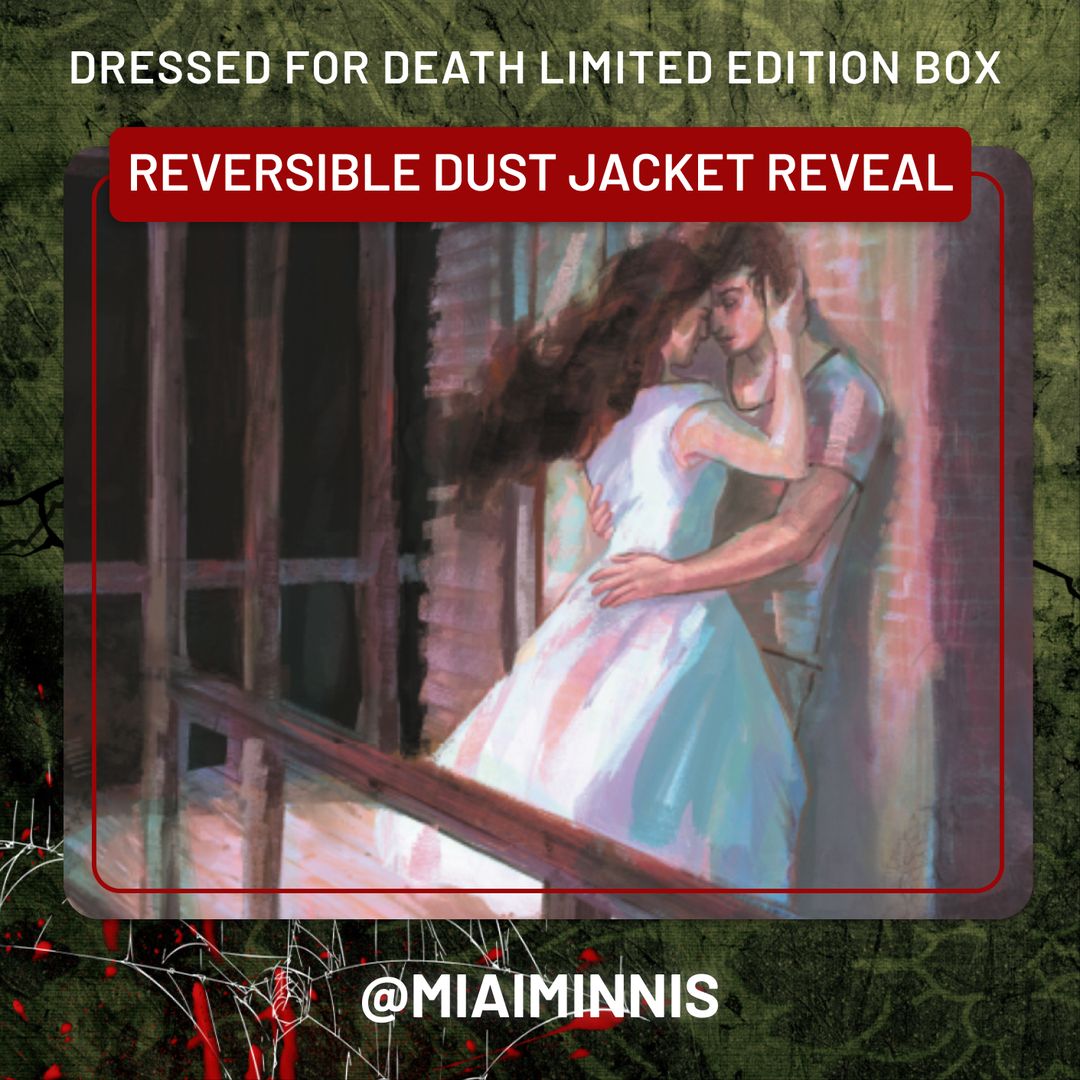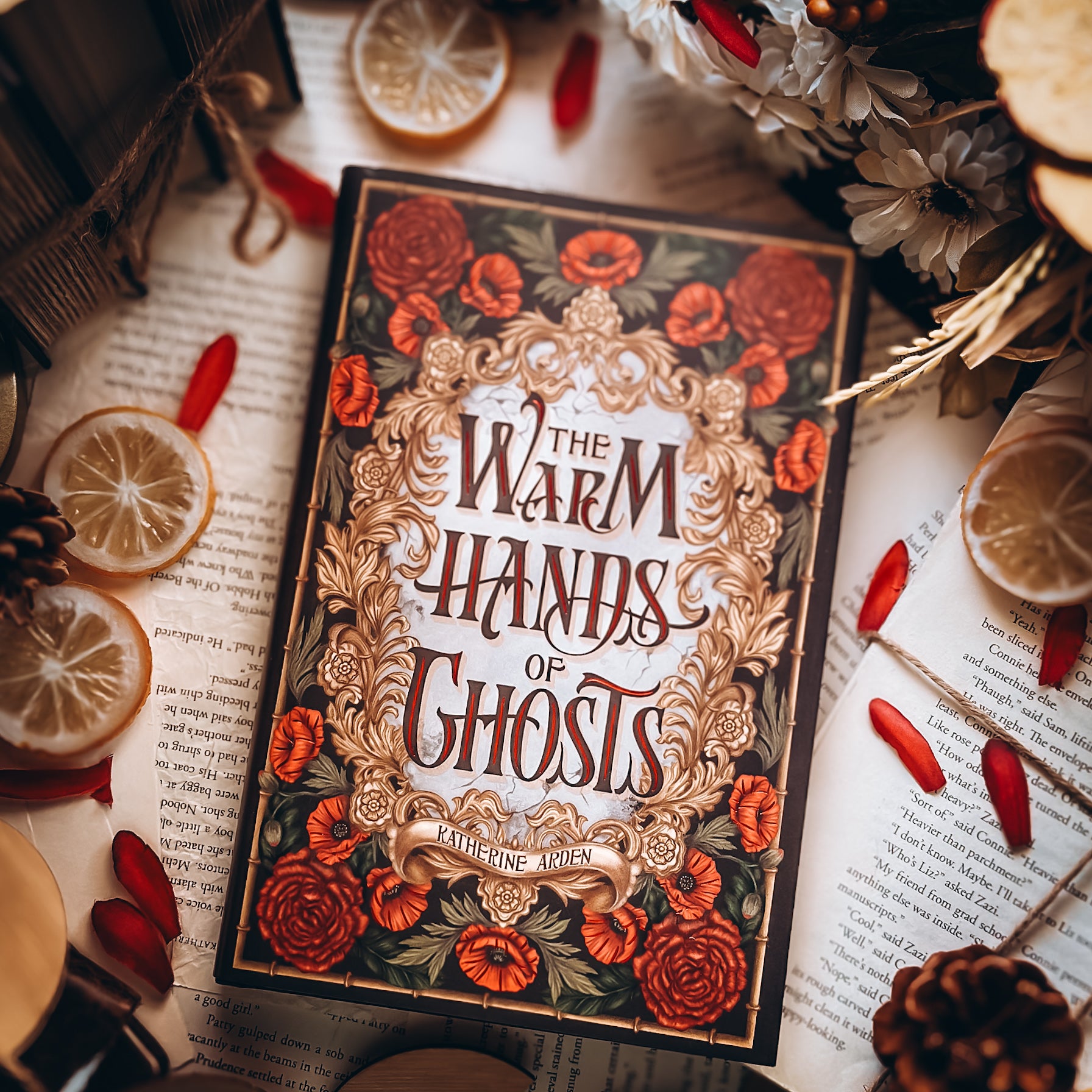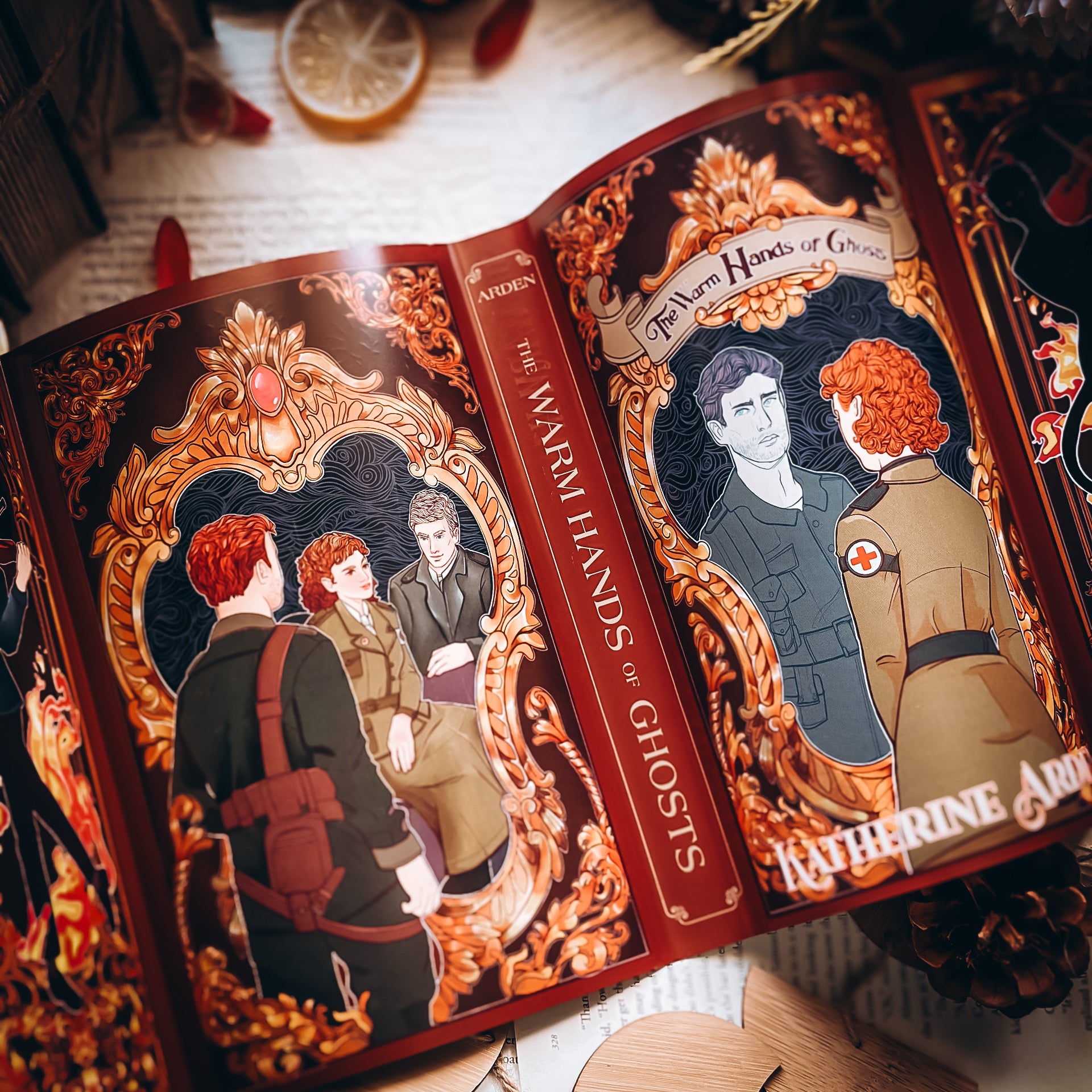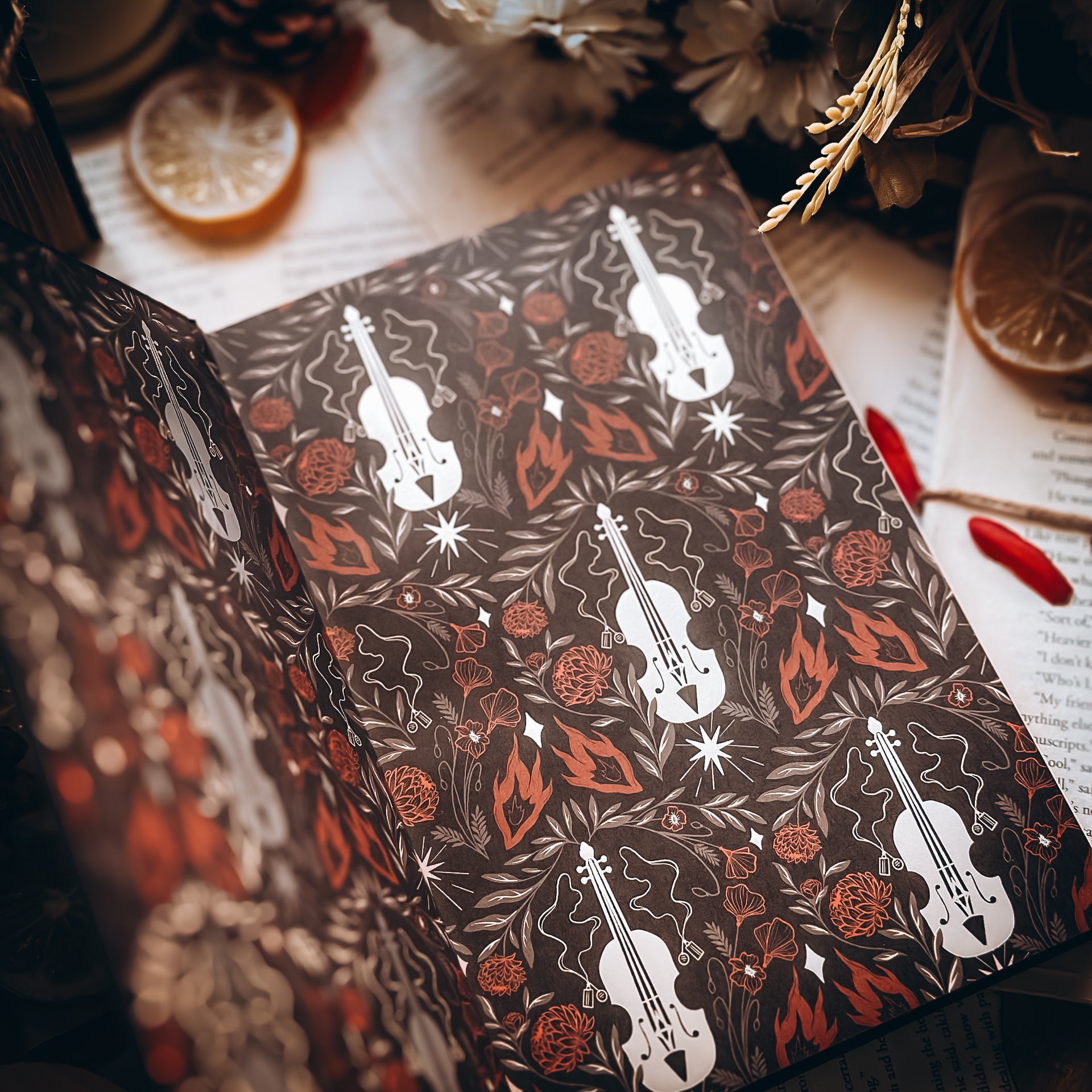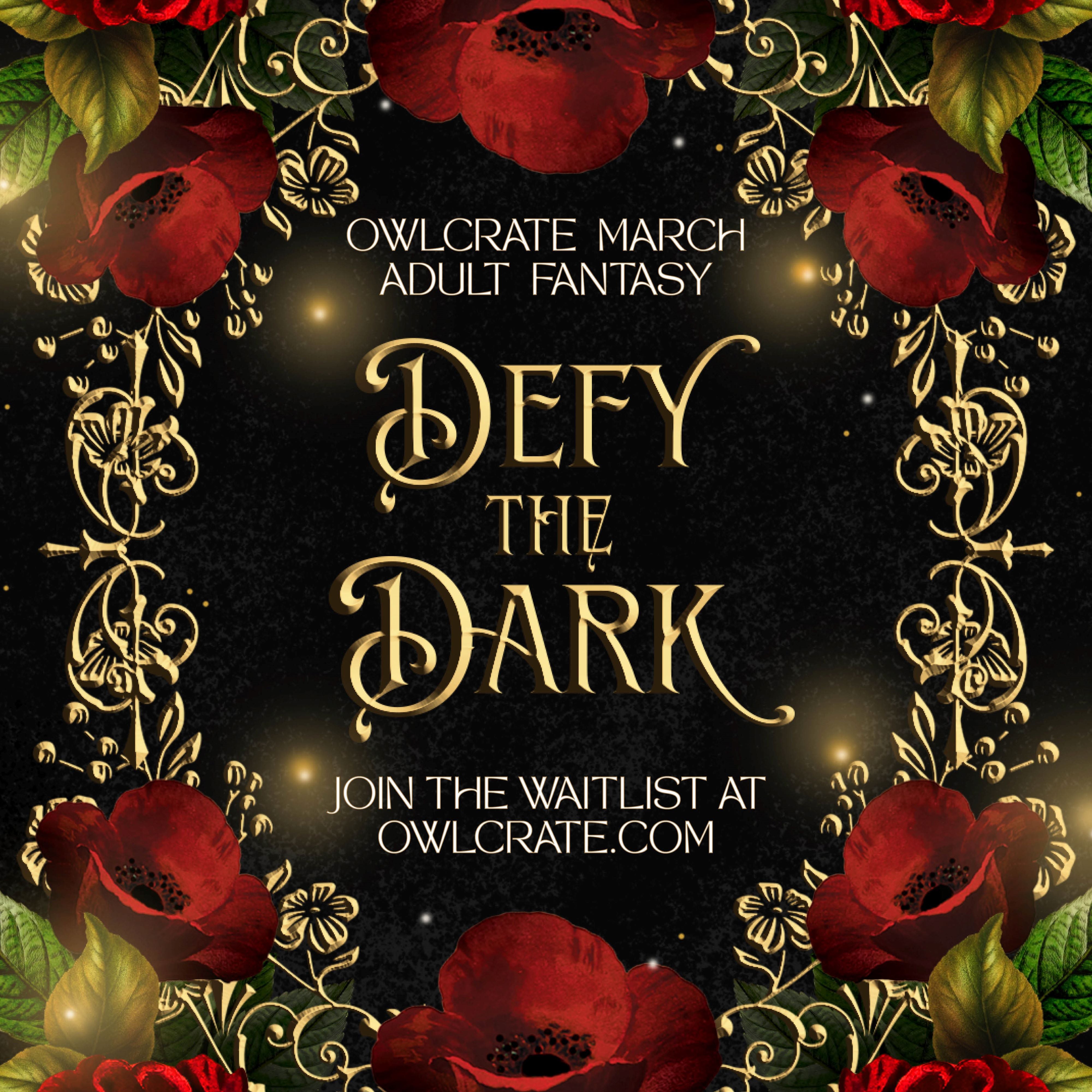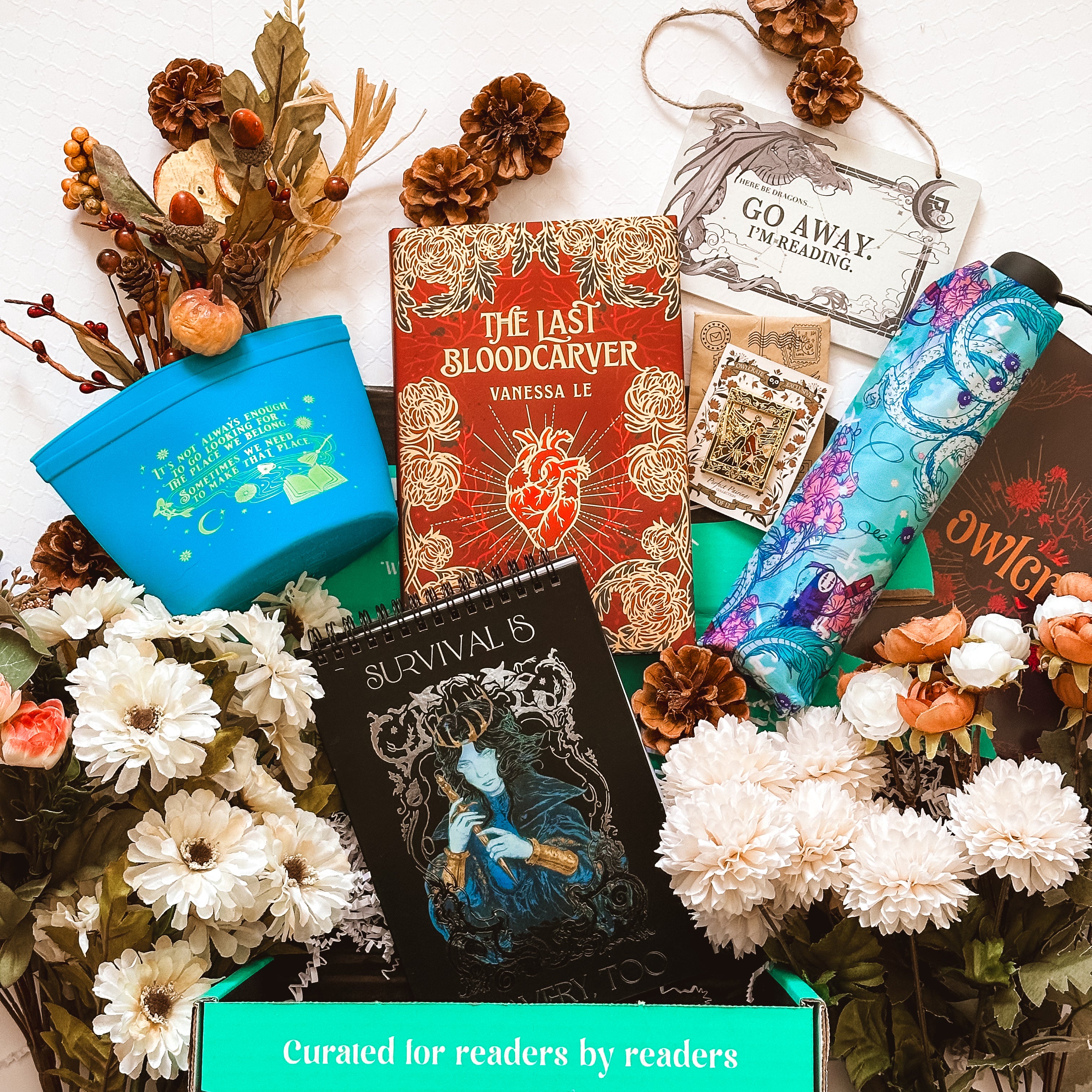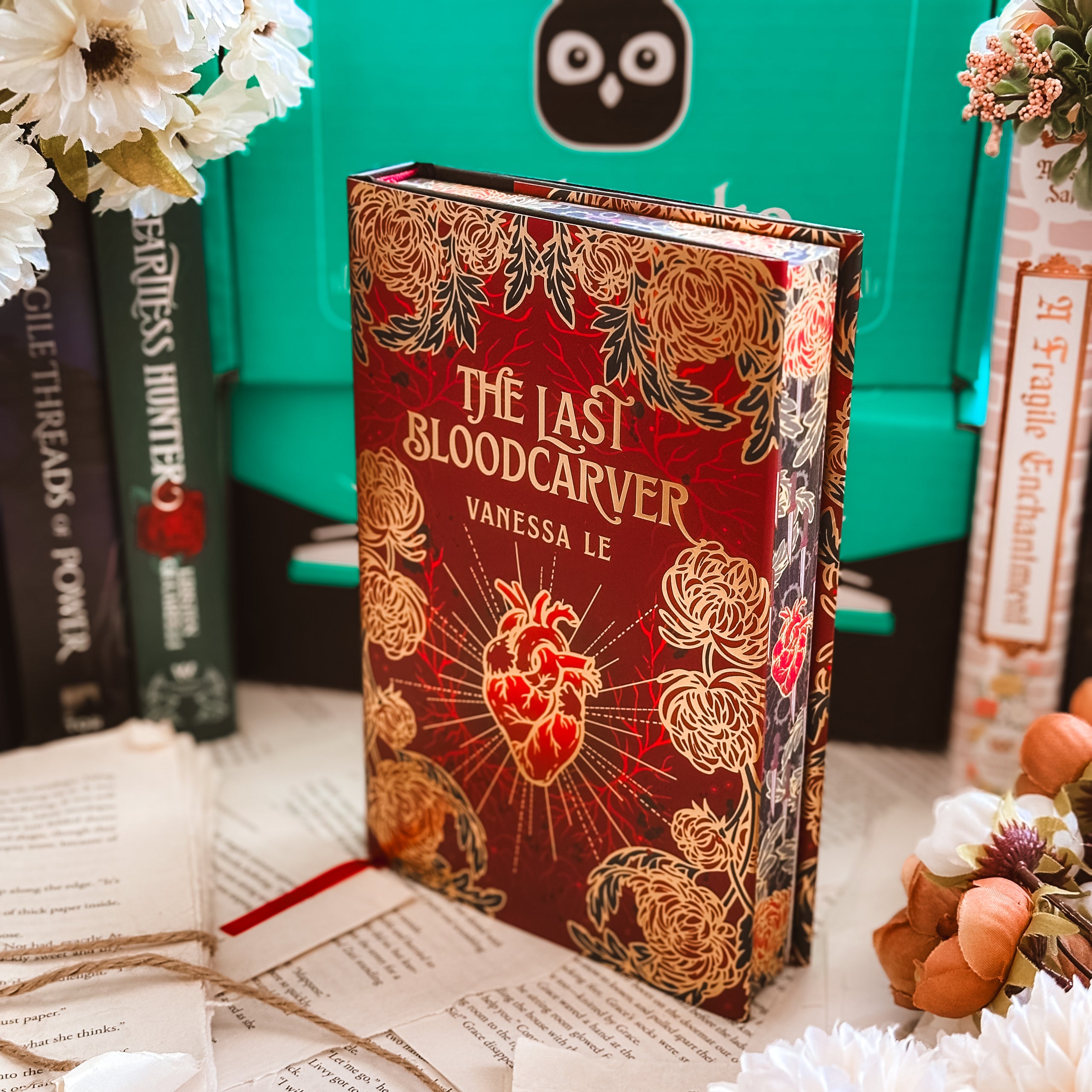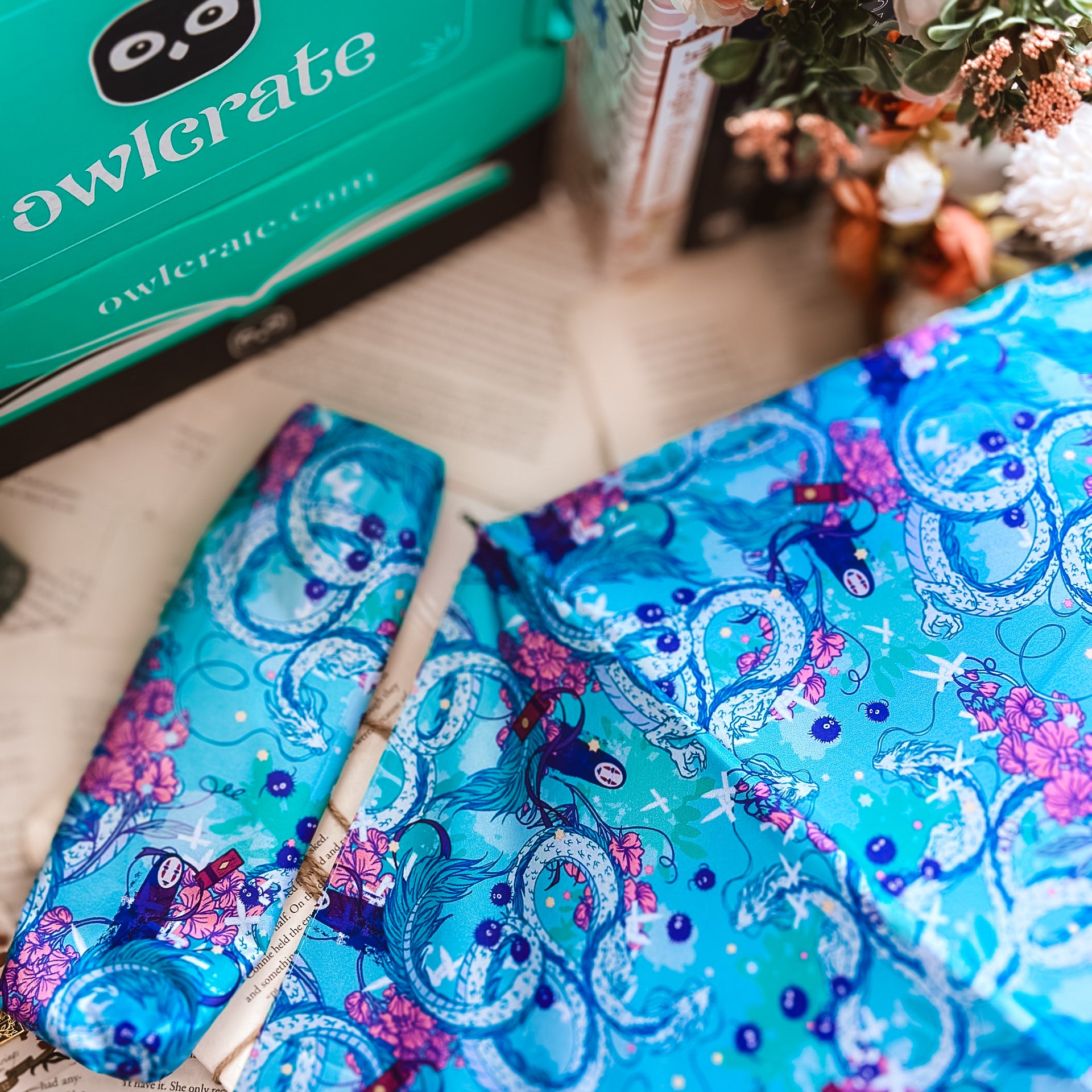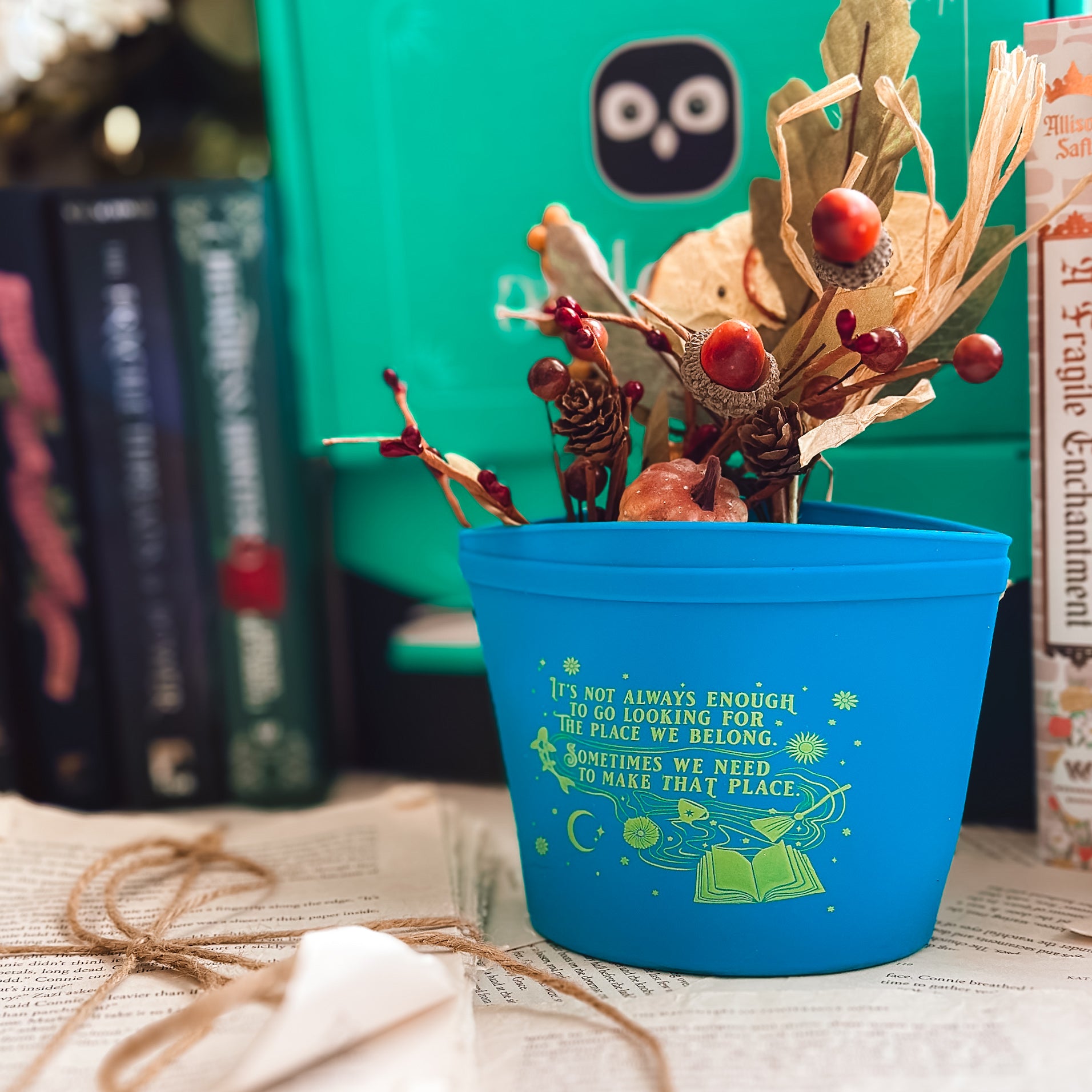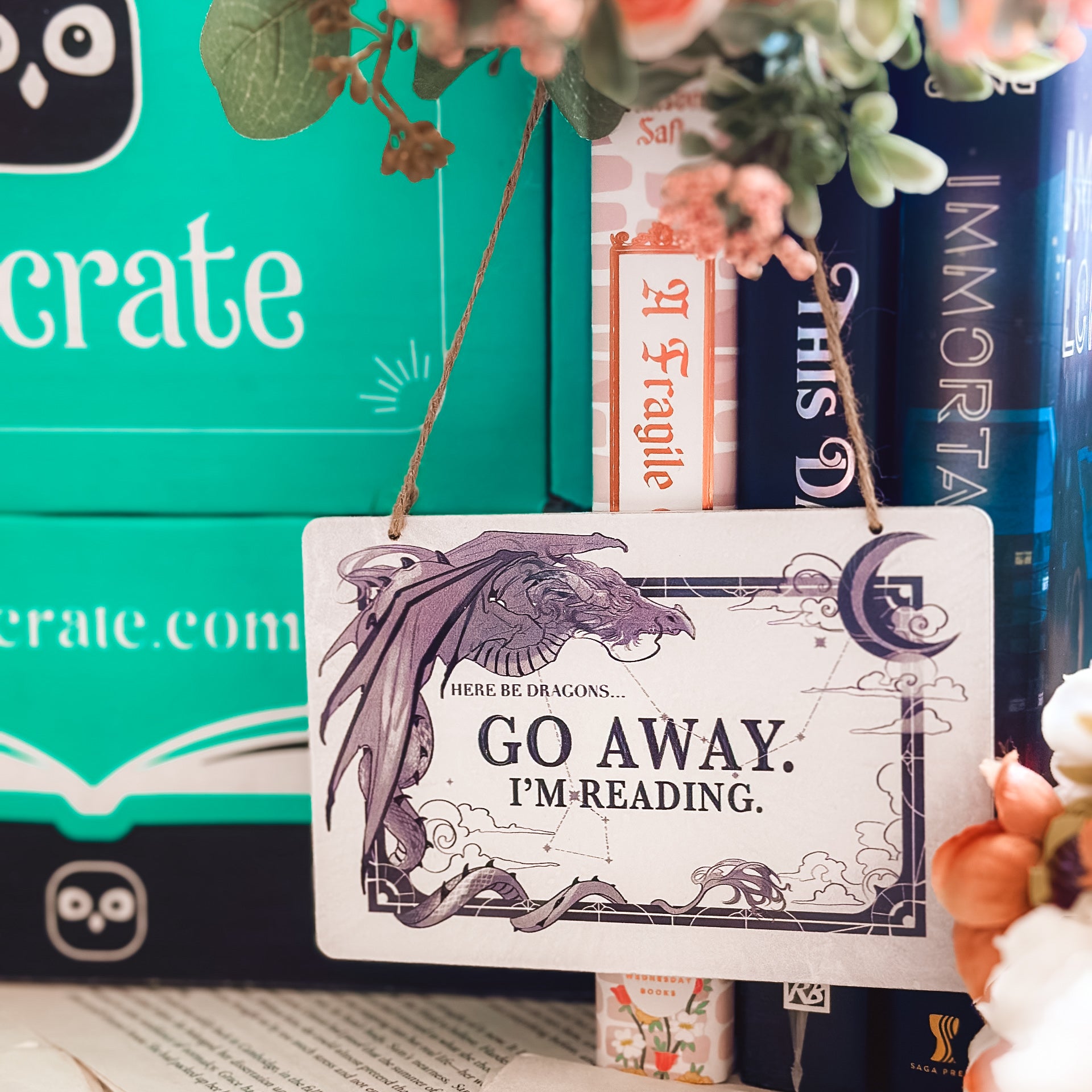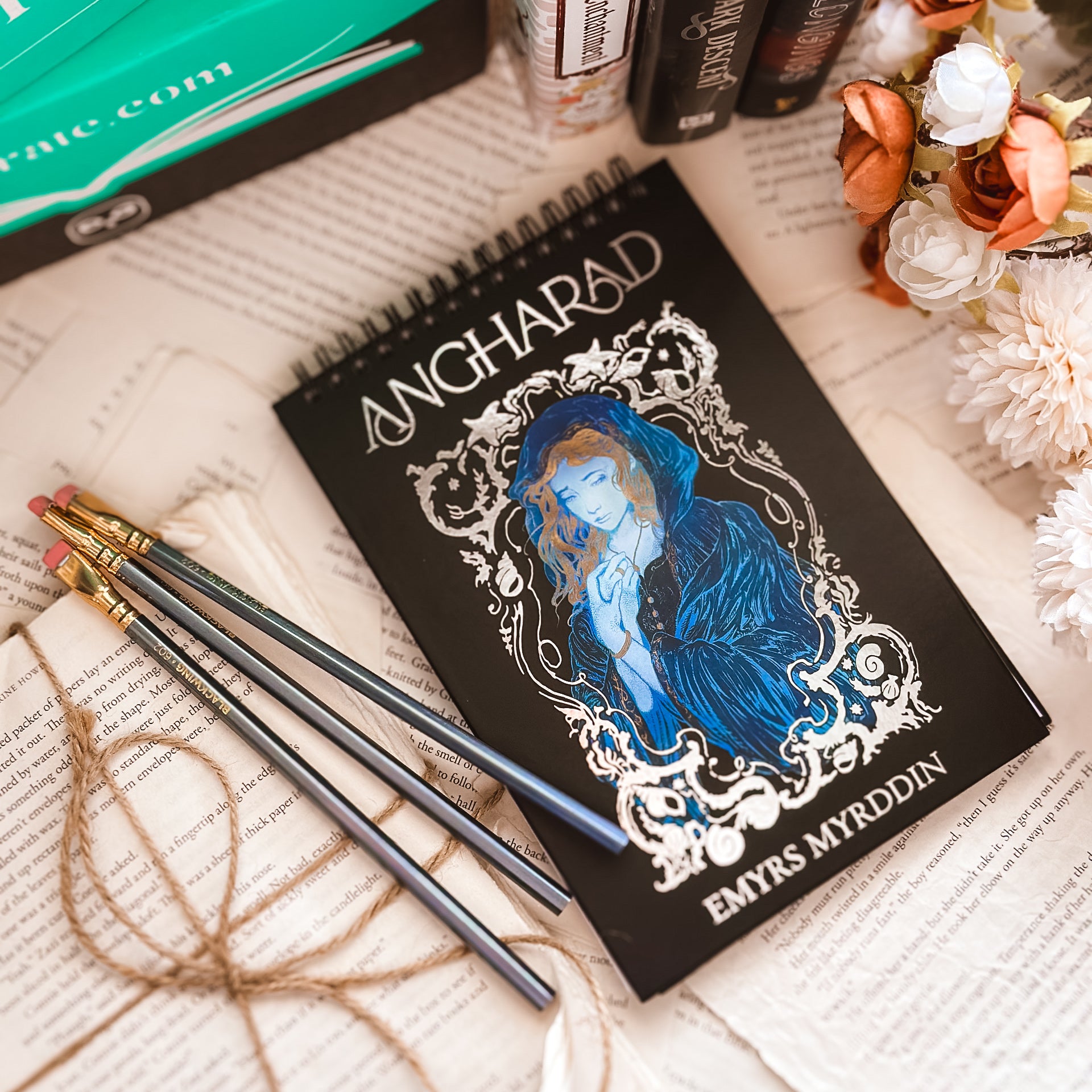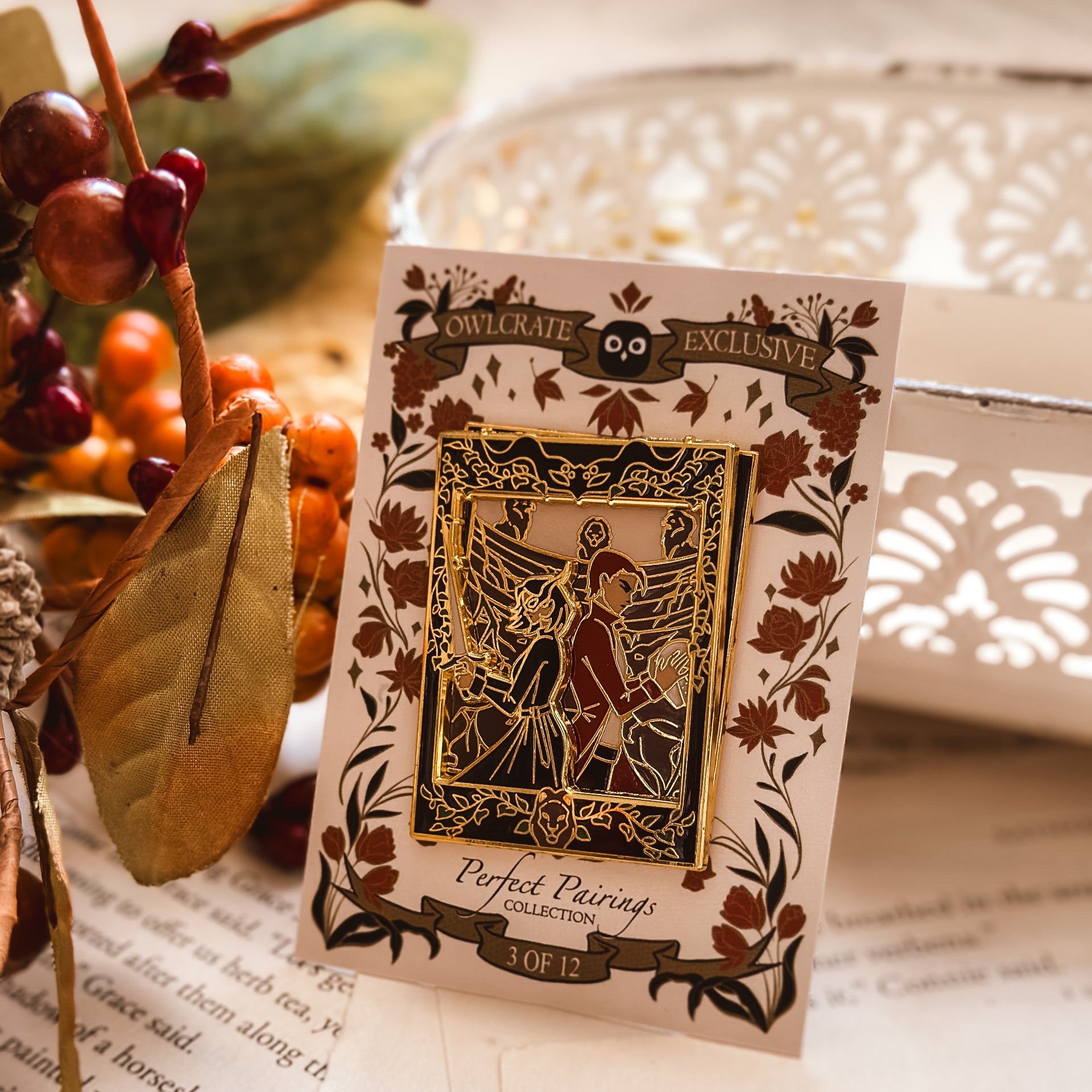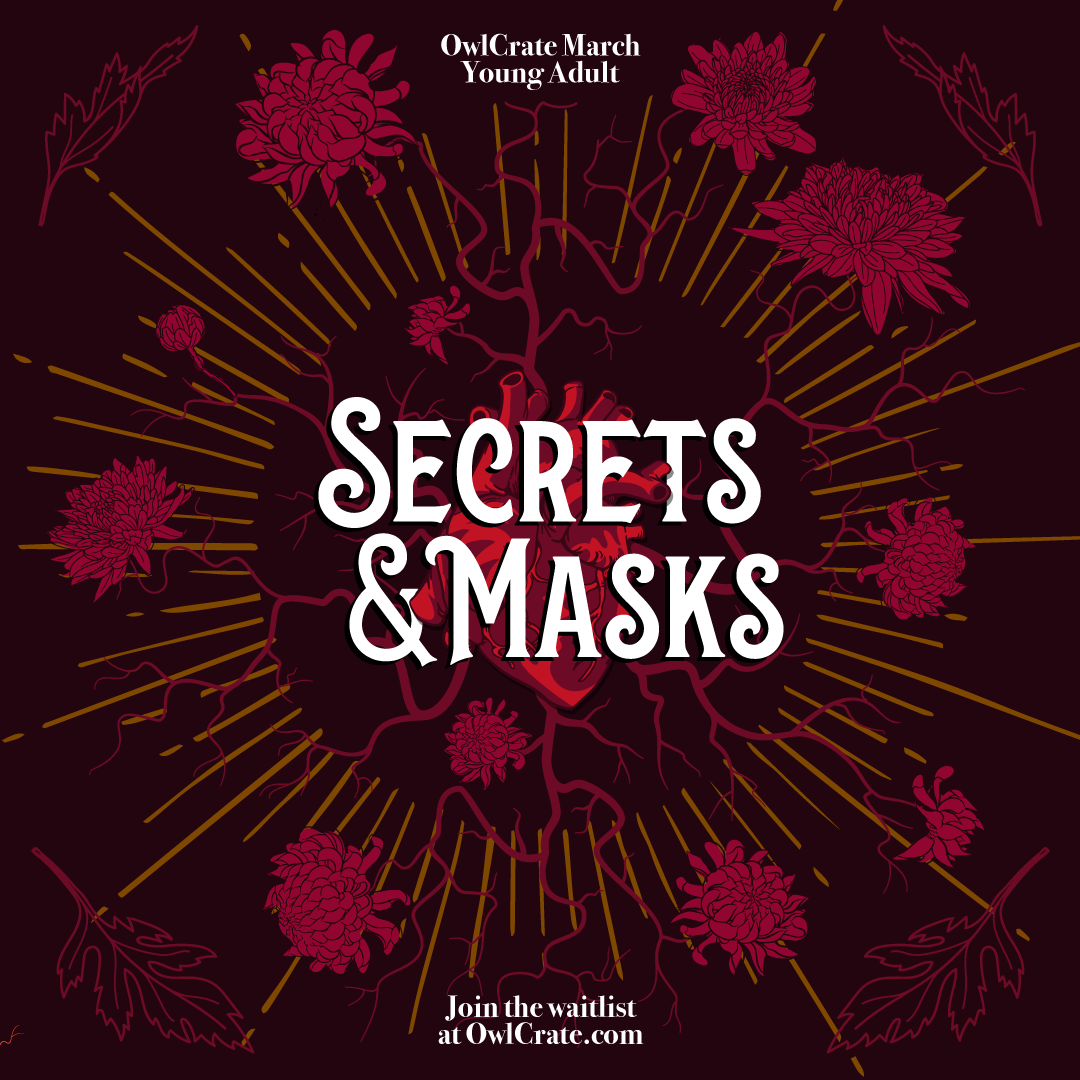Head of Partnership Development at OwlCrate
In early April 2025, The Guardian published a piece on subscription boxes launching their own publishing arms. I was quoted—based on a prior interview in The Bookseller—accurately, if a little breezily, as saying OwlCrate Press hopes to “fix a broken industry.” There’s truth in that line. But it misses the larger point.
This isn’t disruption. It’s the natural evolution of a space we helped shape.
Before dust jackets doubled as frameable art, before stenciled edges were standard, before the special edition economy existed at all, Korrina Ede launched OwlCrate. In 2015, she and her partner, Robert, built a book box out of their Vancouver apartment that wasn’t just innovative but also foundational. They didn’t just start a company. They built the subscription book box model that others would follow.
And follow they did, because OwlCrate proved that reader-first subscription boxes weren’t a novelty. They were infrastructure. The success of that model opened the door for Illumicrate and FairyLoot, which launched soon after in the UK, and LitJoy in the US.
Together, we shaped what the modern book box industry would become.
Let me be clear, we don’t consider other subscription boxes our competitors. They are our peers, our collaborators, and our friends. We cheer each other on, we learn from one another, and yes, we subscribe to each other. The world we helped create is big enough for all of us.
None of us are reacting to a trend. We’re the reason it exists.
Together, we turned book curation into something personal, joyful, and rooted in community. Fan art became an industry. Reader response became market strategy. The line between reader and creator blurred, reshaping how this industry speaks, markets, and imagines.
So no, OwlCrate Press isn’t a reinvention. It isn’t a pivot. It’s the next stage.
We’ve always centered readers. We’ve always spotlighted artists. We’ve always made space. OwlCrate Press is, as I joke with Korrina, our organic midlife passion project, but the kind born of curiosity as much as conviction. It started as a quiet what-if. What if we made our own books? What if we trusted our community enough to build something new? And then, slowly—and to our total surprise—it became real.
The question I’m asked most these days is whether a company built on subscription box curation can be trusted with publishing.
My answer is simple: bestie, we already are.
Every title we select is read, debated, and championed by a member of our curation team who loved it. We don’t rely on algorithms. We don’t chase trends. We rely on readers and curate our own art. OwlCrate Press simply lets us keep doing what we’ve always done; only now, we are inviting our community to help us create the stories they want to see.
There are things we rarely talk about. Like how ten percent of every sale on our site goes directly to charity. Or how our founders have refused, for years, to pay anything less than a living wage to every member of our team. Or how that commitment extends to every artist, editor, author, and partner we work with. Quietly. Consistently. Because that’s just who we are.
So why would OwlCrate Press be any different?
Well, our submissions are open. Our rights models are flexible. Our rates exceed industry standards—even for debut and anthology work. We don’t ask authors to build brands or prove their worth. We don’t demand exclusivity.
In our debut anthology, Monsters in Masquerade, we reserved space for unpublished authors, not as a gesture, but as a launchpad. As contributor Sarah Mughal Rana, author of Hope Ablaze, wrote:
“OwlCrate Press opens the door for new and emerging authors at a time when publishing risks becoming monopolized by a select few. As established book subscription services like OwlCrate move into publishing, they decentralize a gatekept industry and offer more equitable options for authors, from bestselling names to debut voices. With one of the highest-paying anthology models I’ve seen, alongside open submissions and an emphasis on diverse backgrounds, OwlCrate Press represents a new kind of publishing: reader-powered, author-prioritized, and built for the future.”
—Sarah Mughal Rana (MPhil, University of Oxford)
We are publishers. Artists. Writers. Editors. Designers. Oh, and we are immigrants. We are queer folks. Disabled folks. Neurodivergent minds. But most importantly, we are readers.
If you know this community—if you’ve ever felt seen, held, or utterly ruined in the best way by the final page of a book—you already know us. You already understand.
And if you don’t yet?
We’d love to buddy read and show you.









